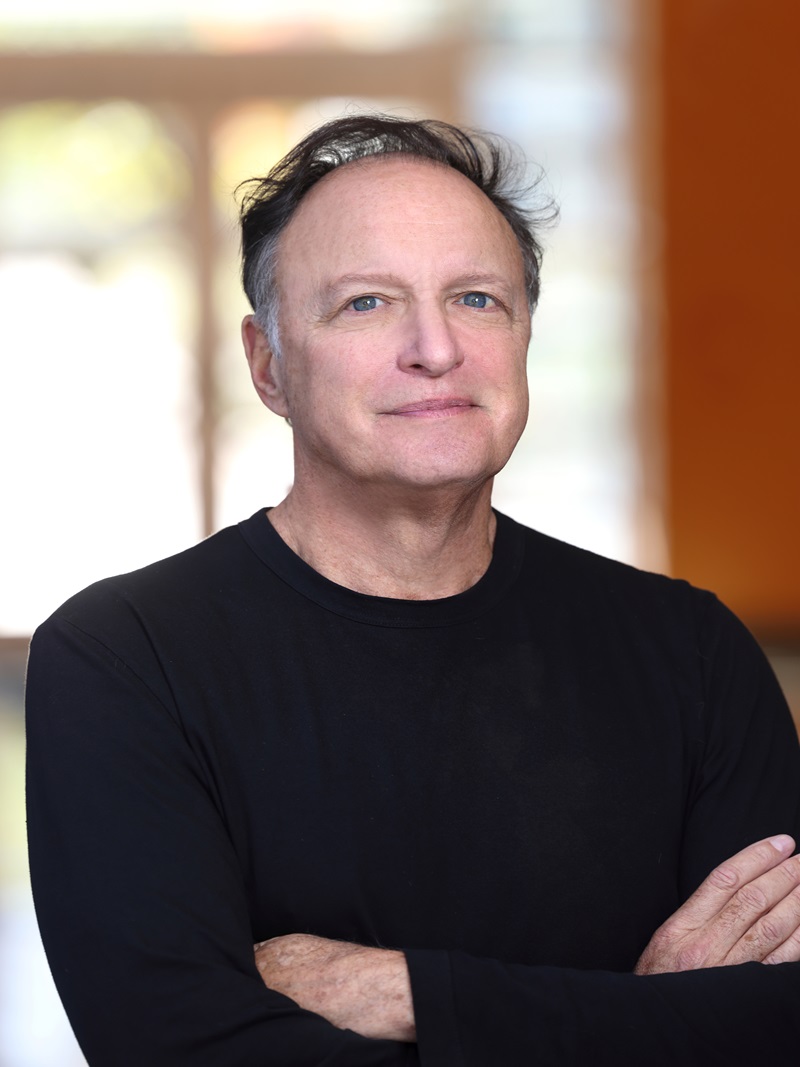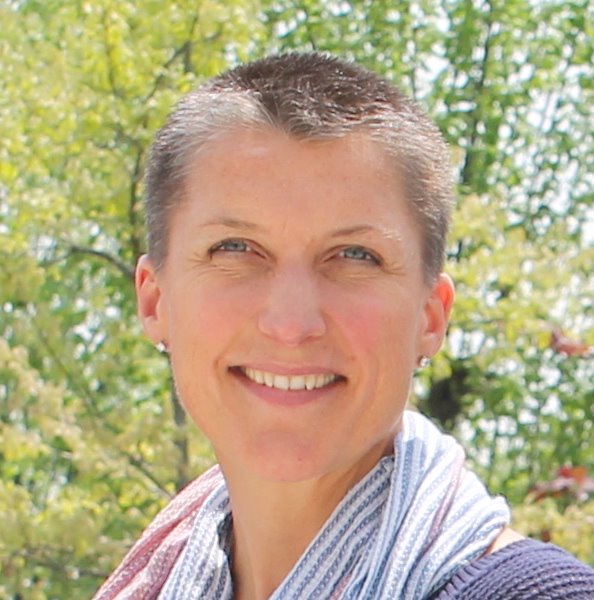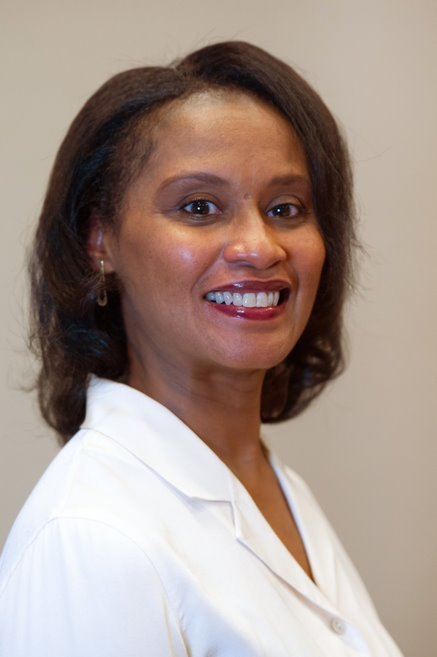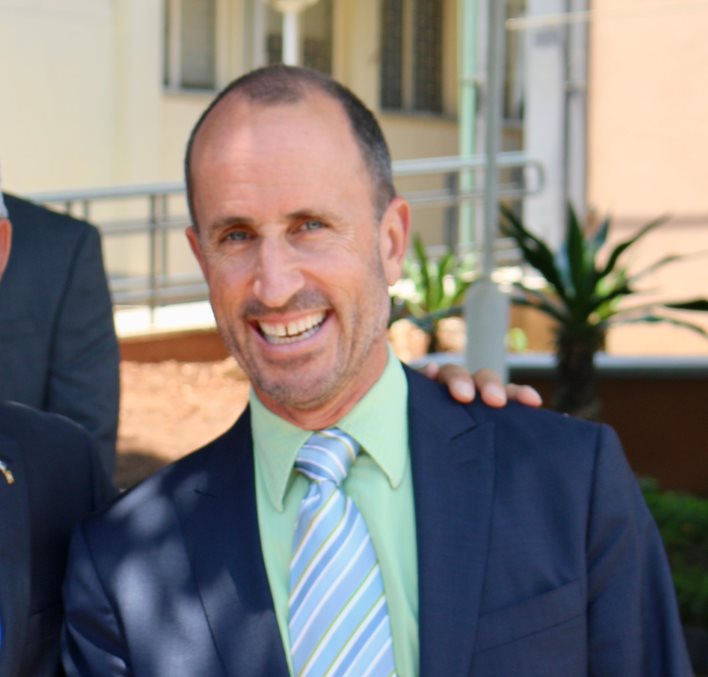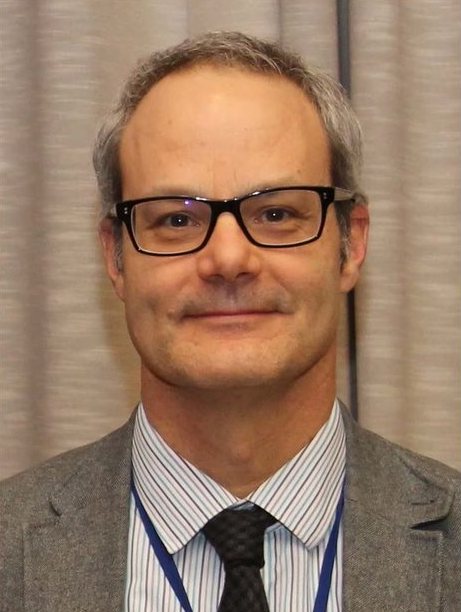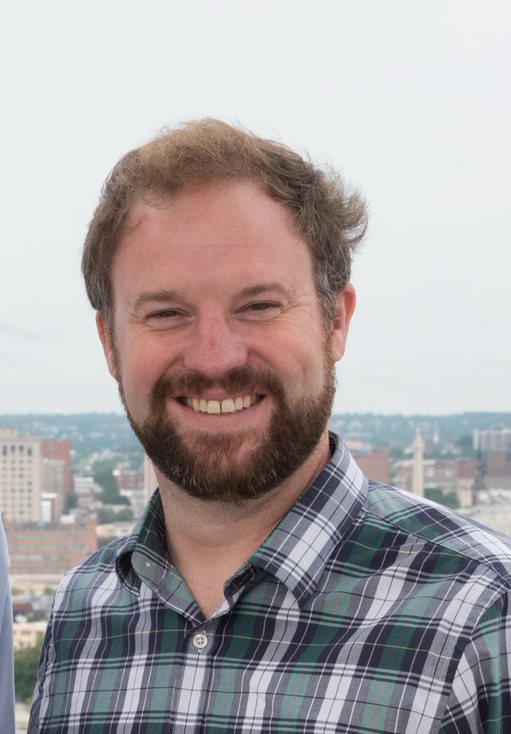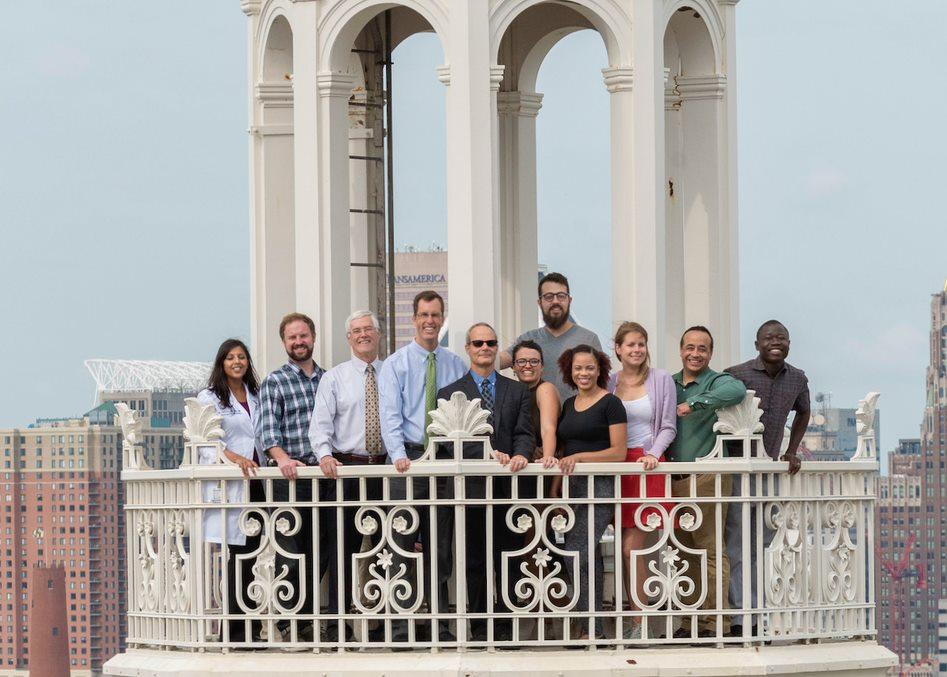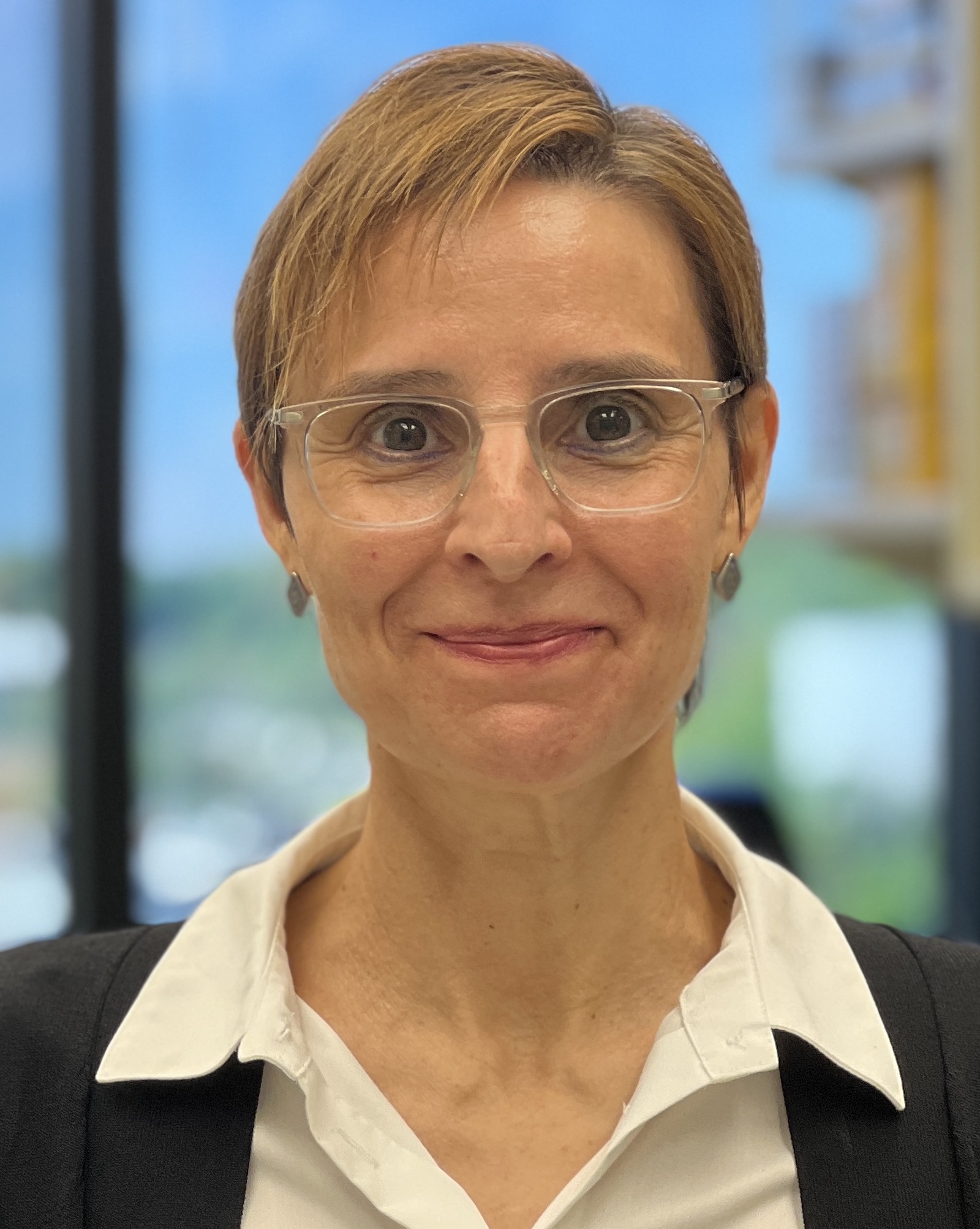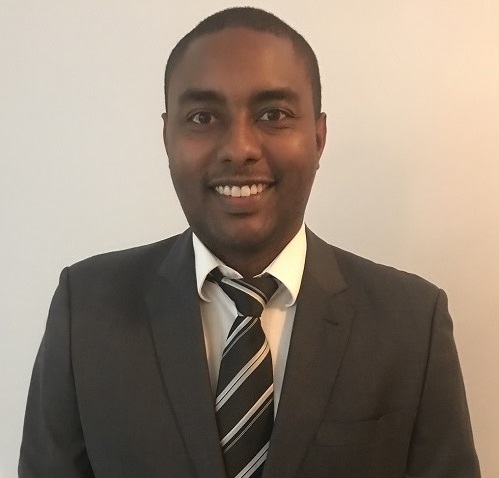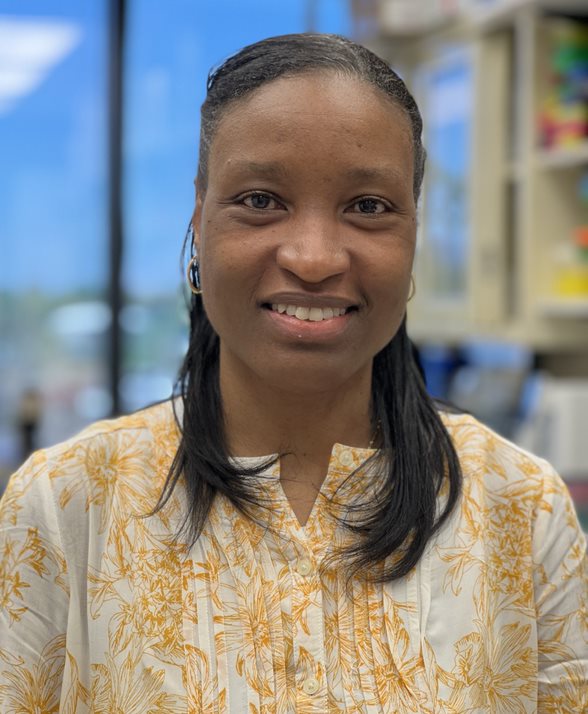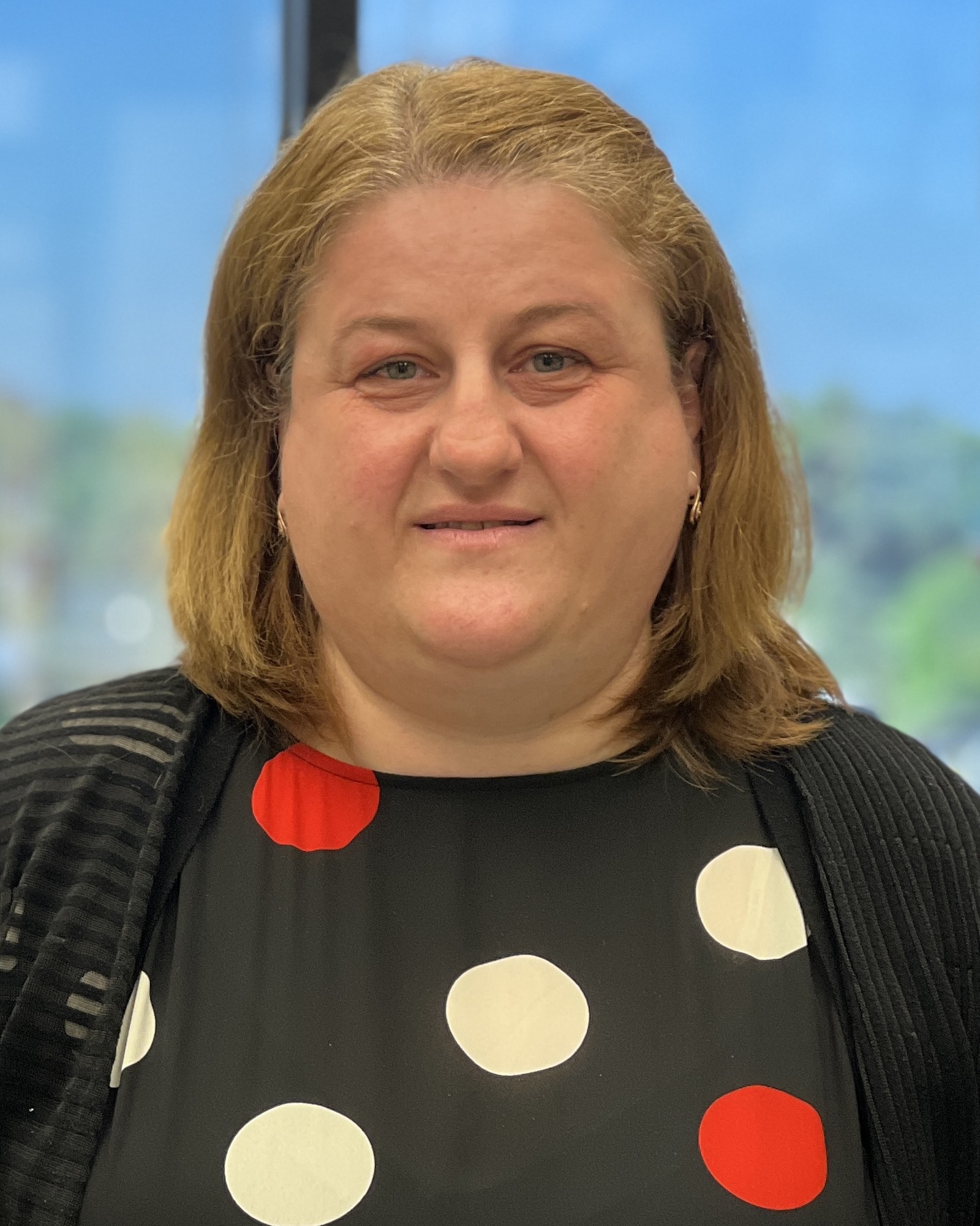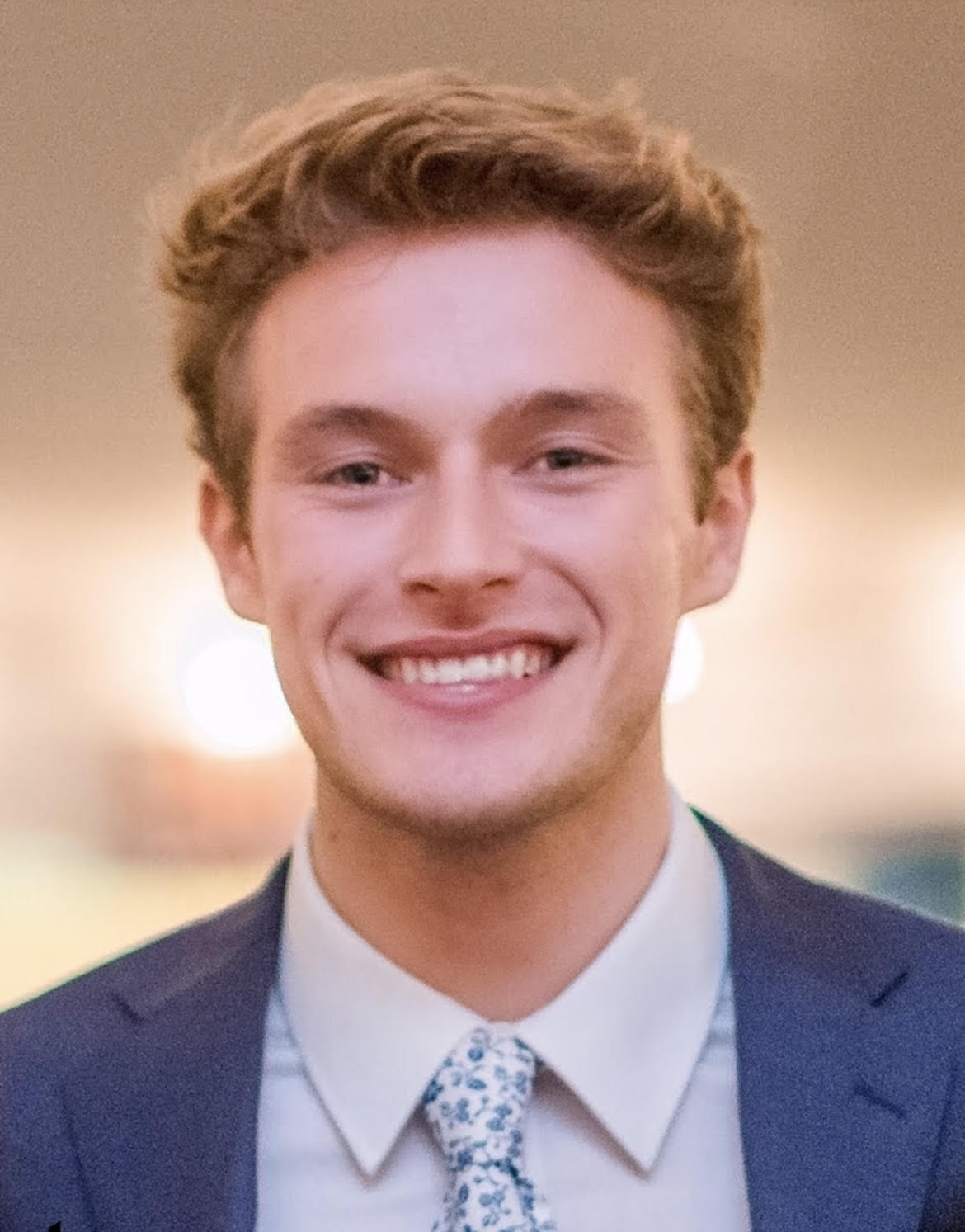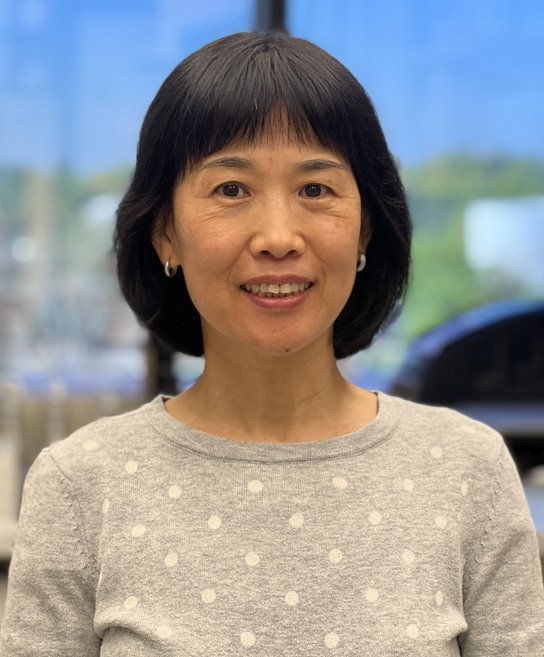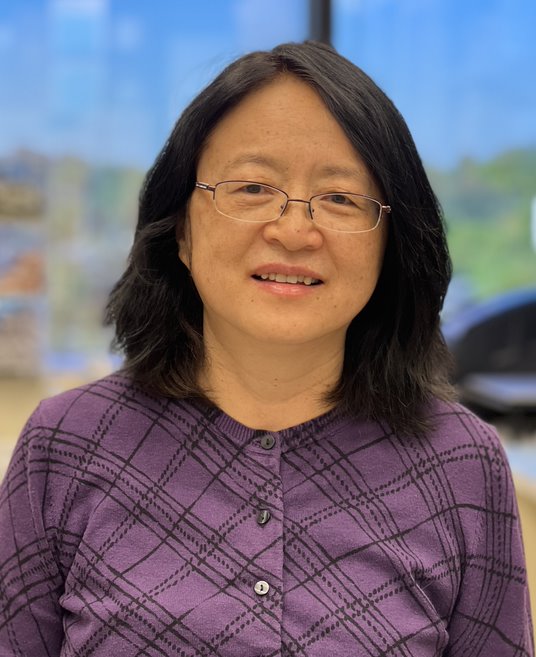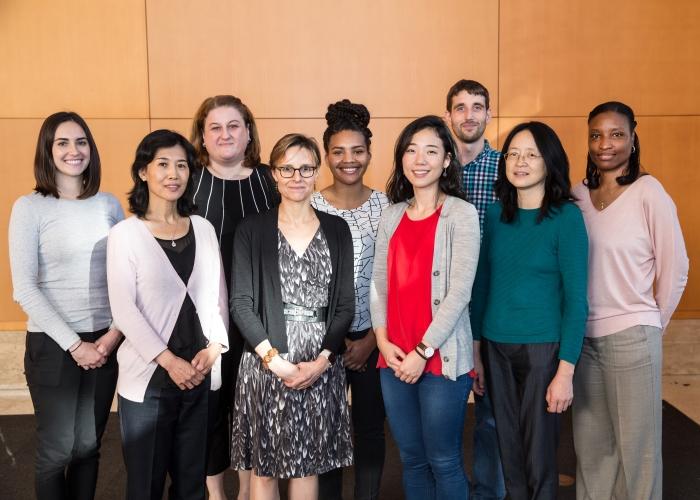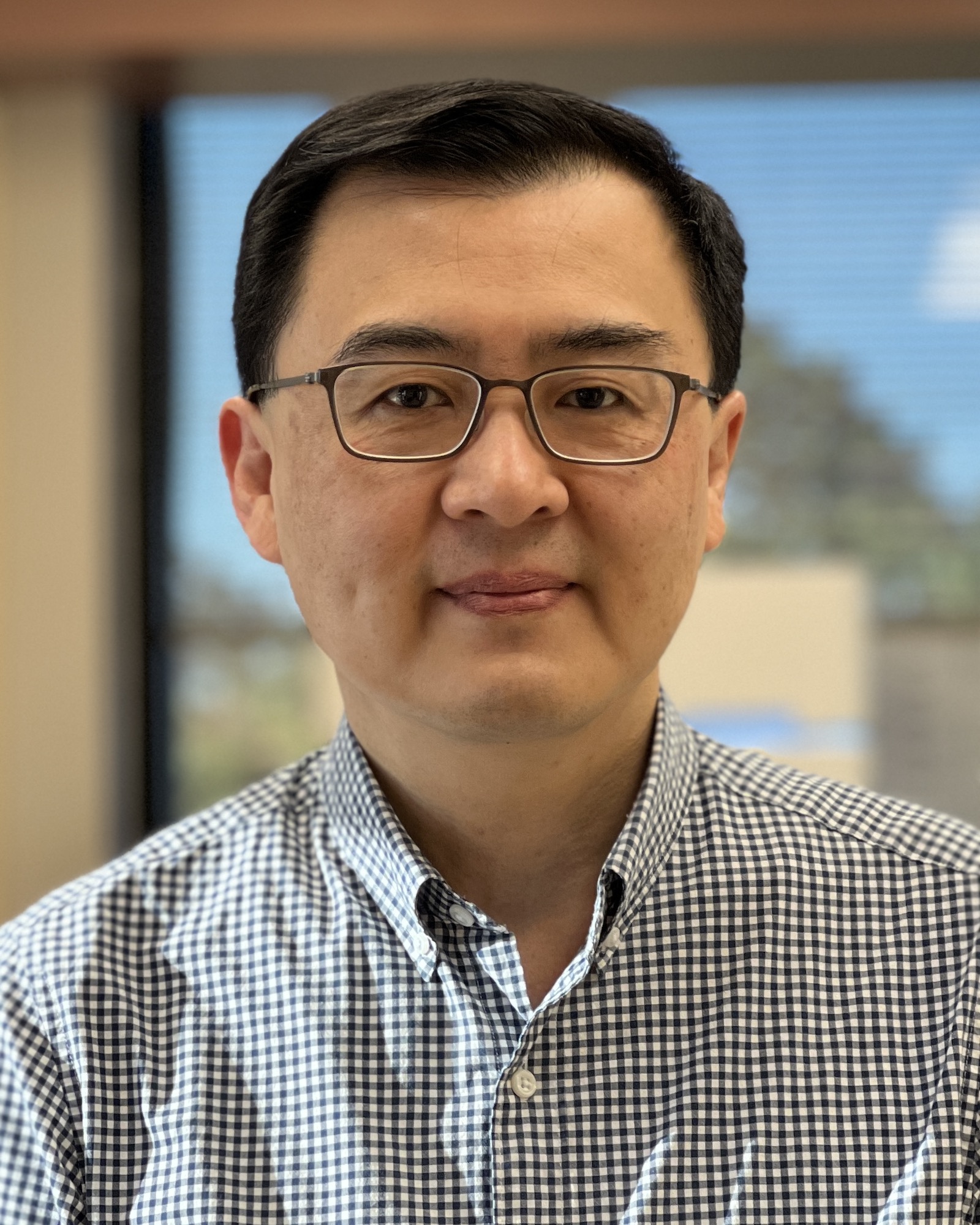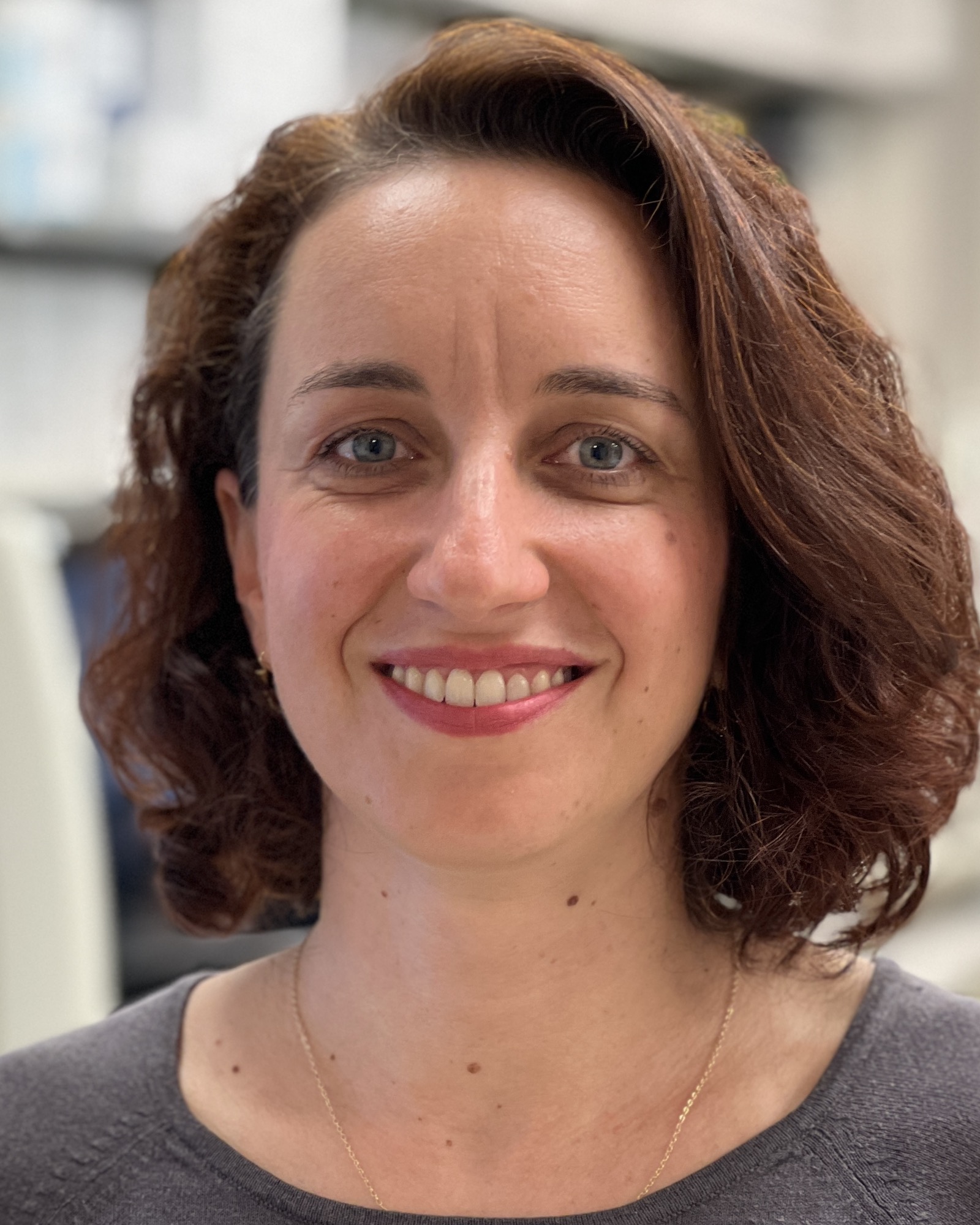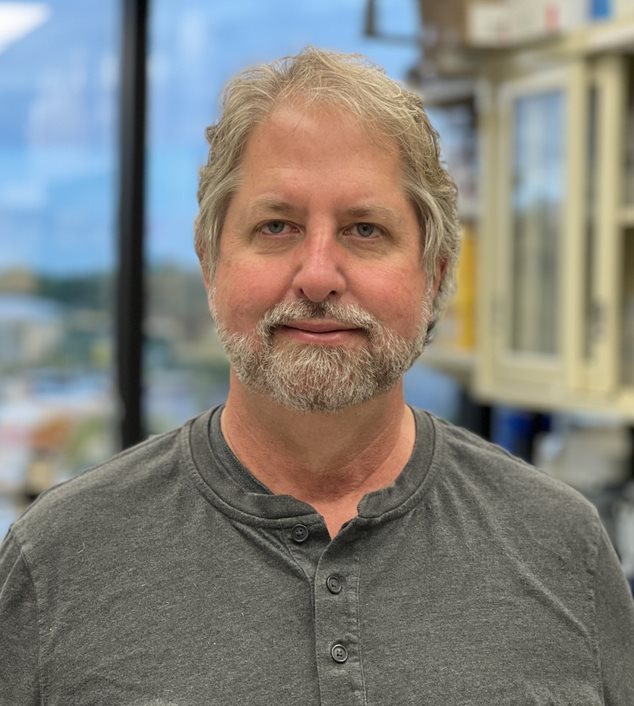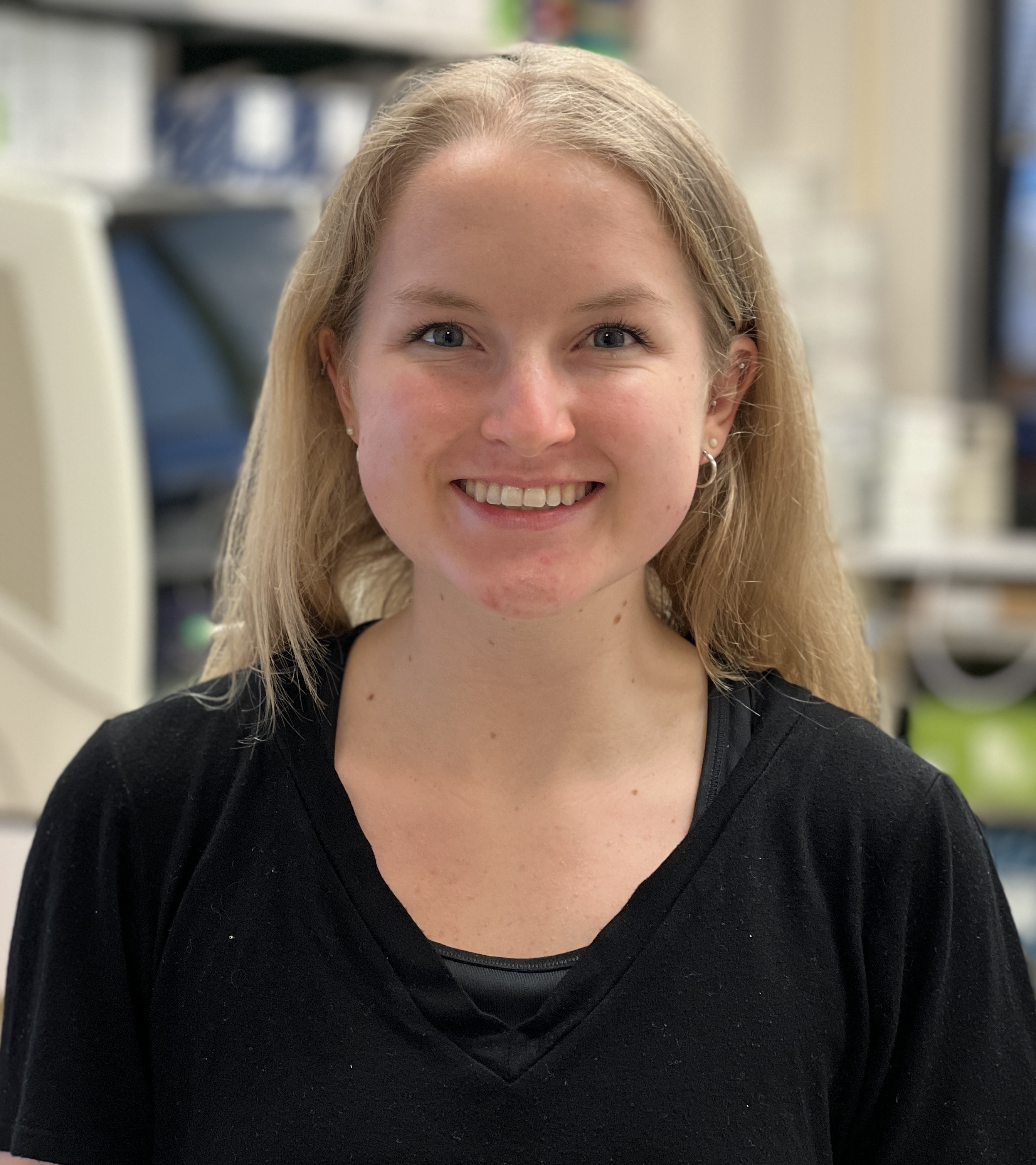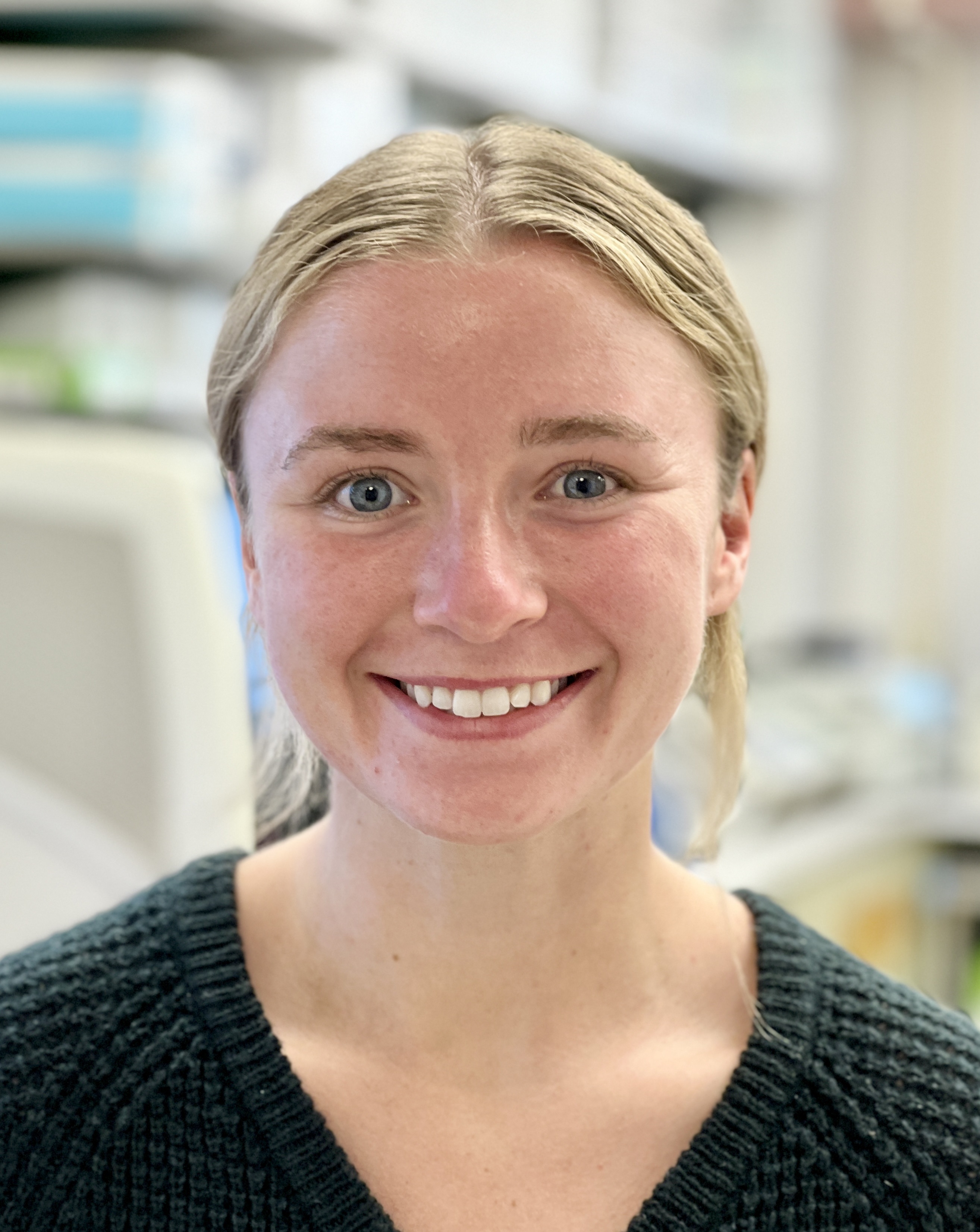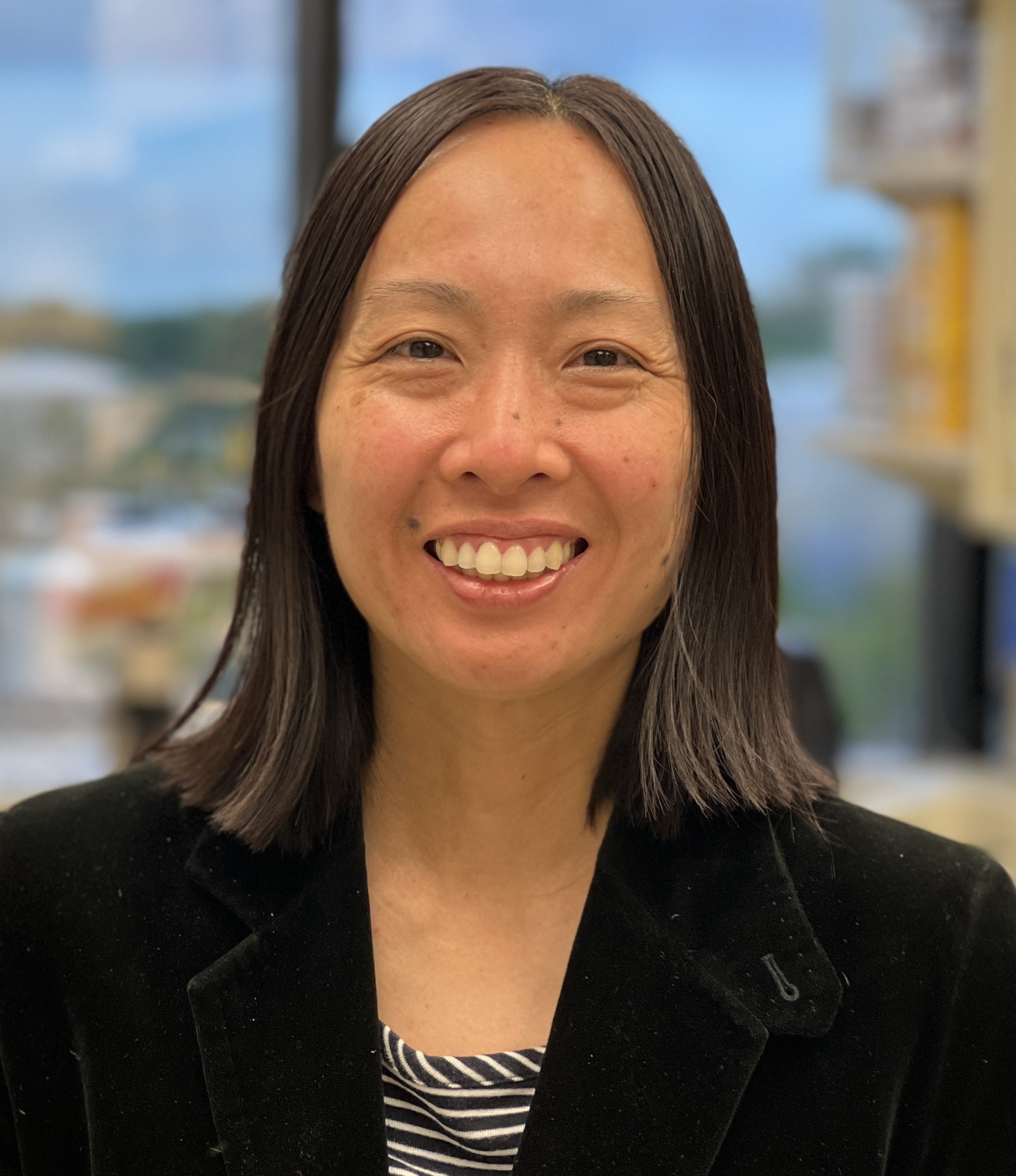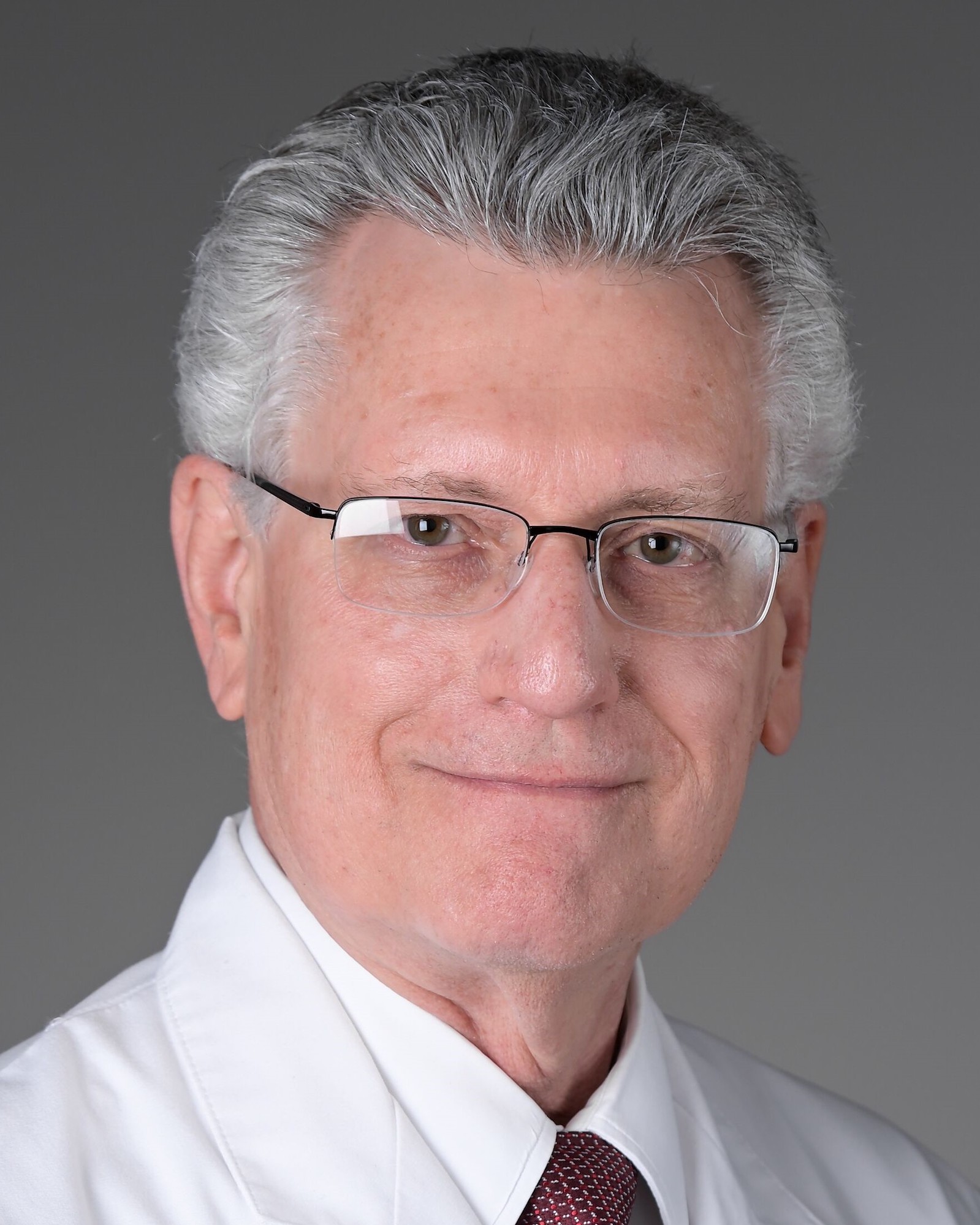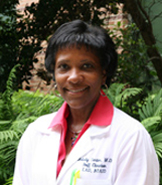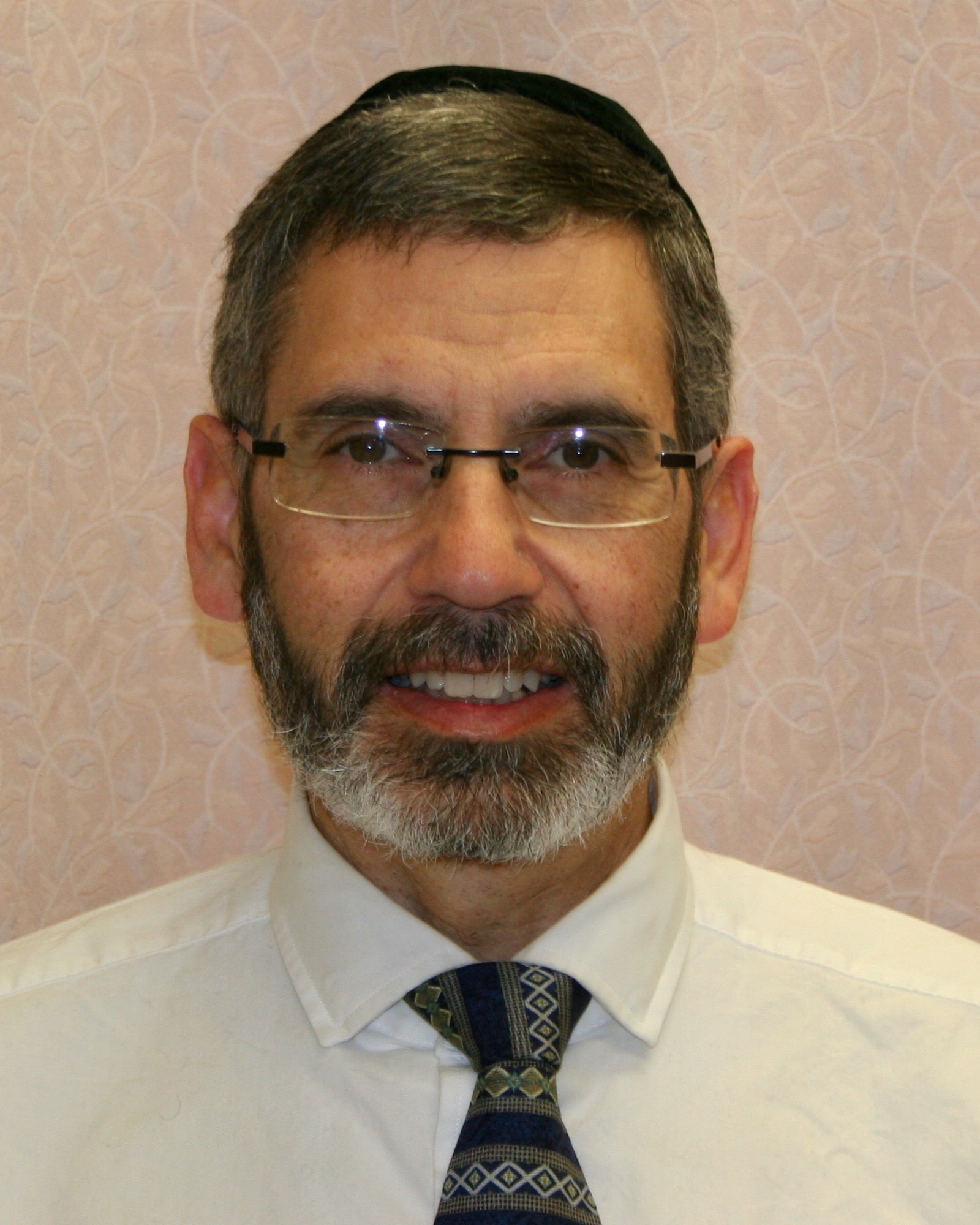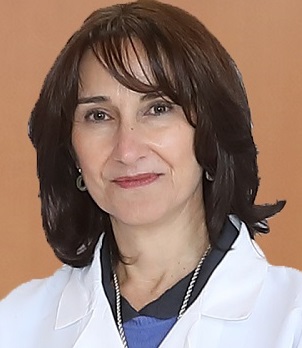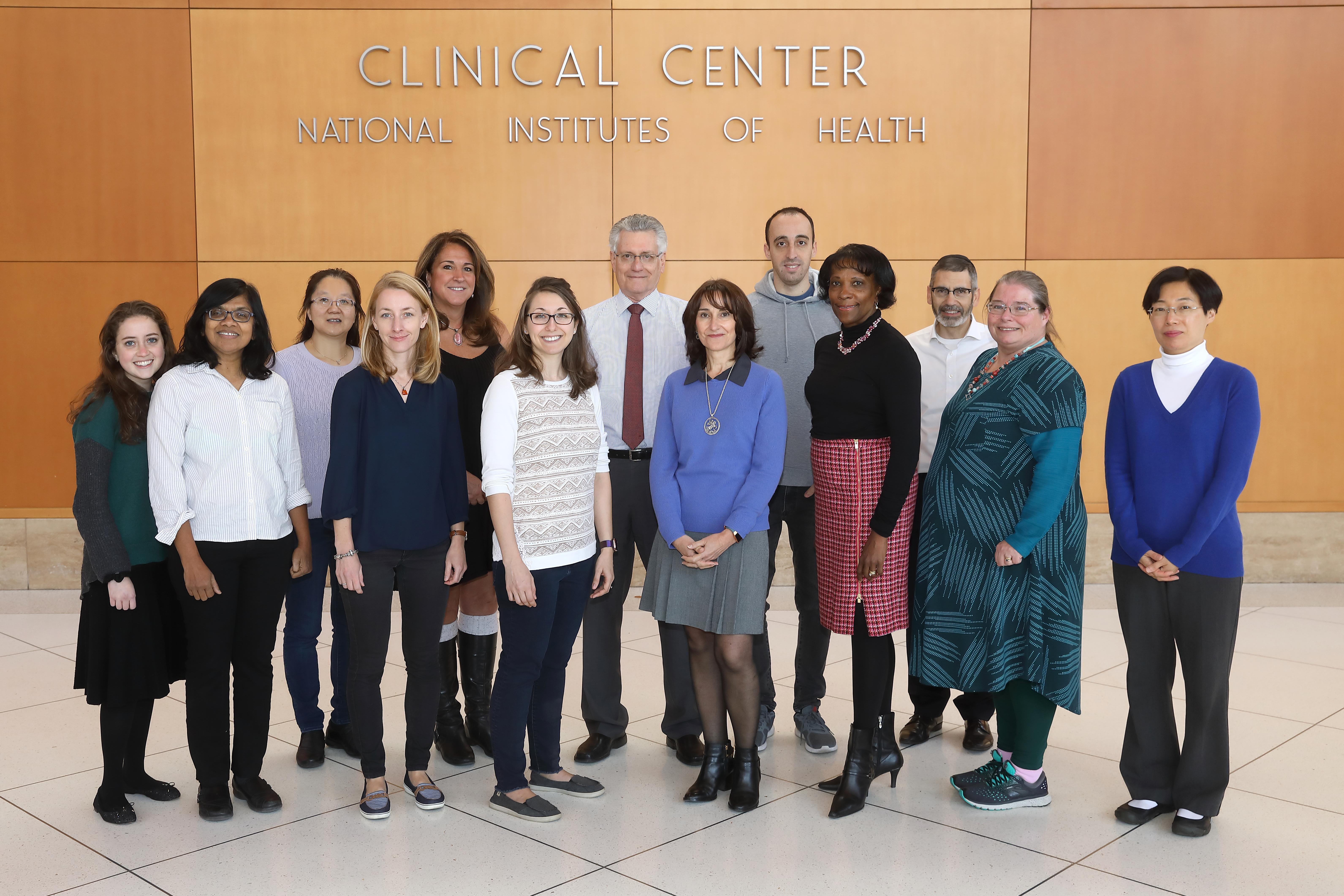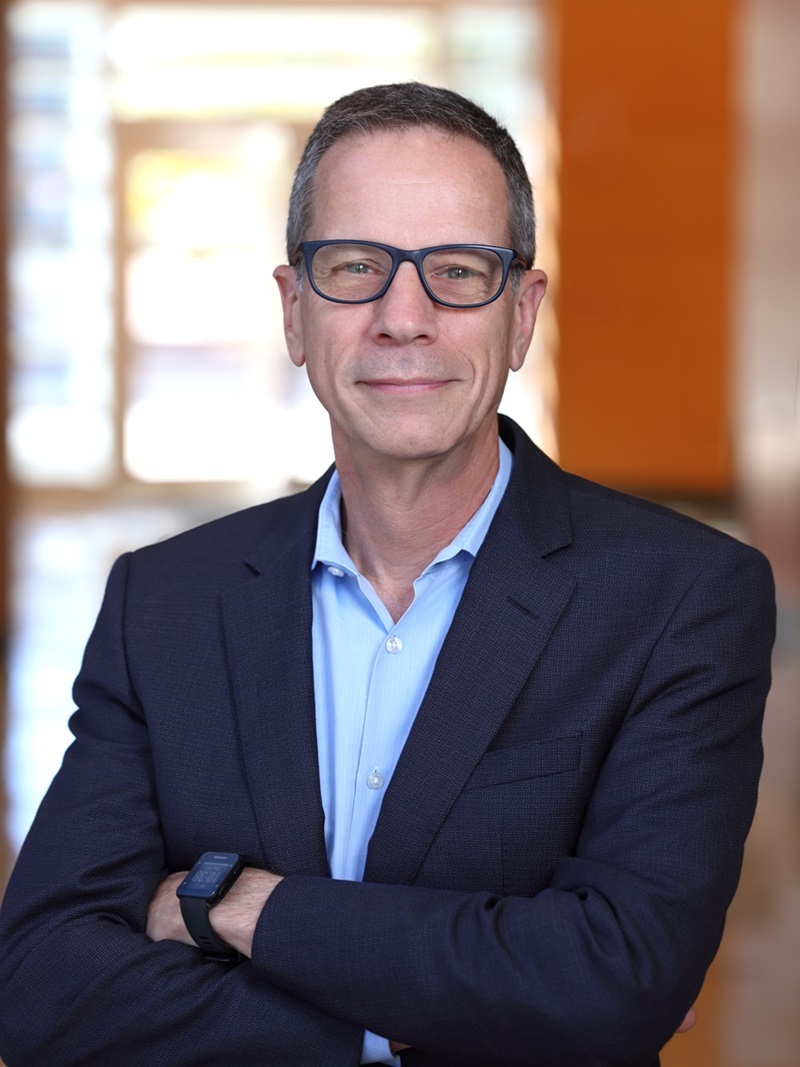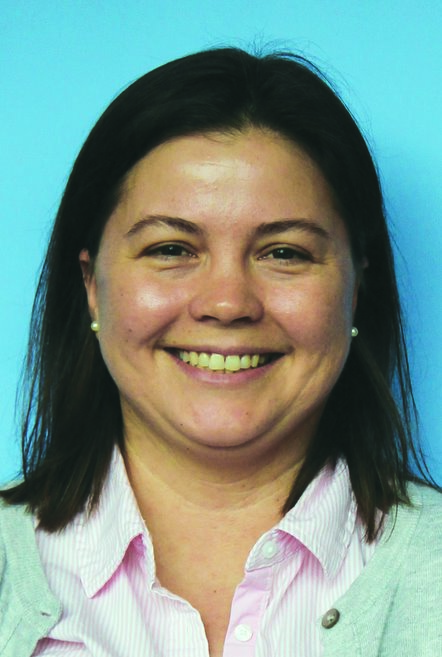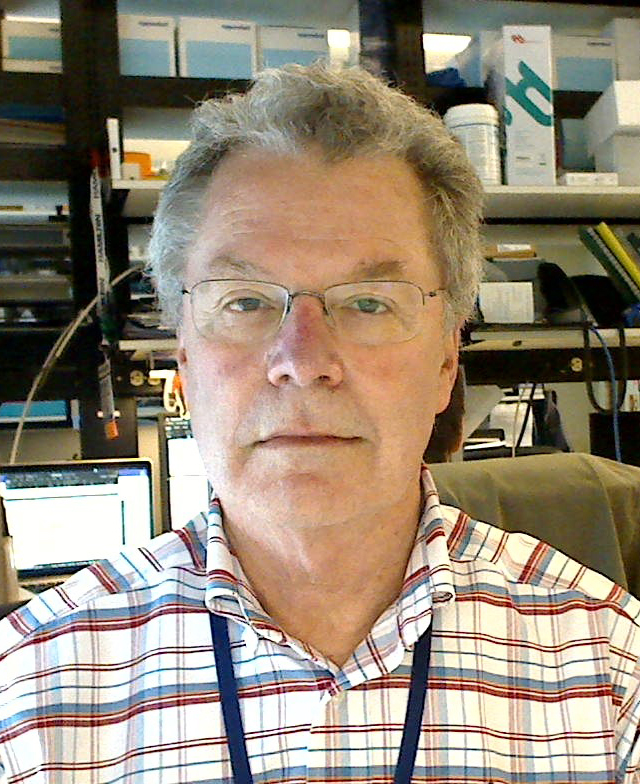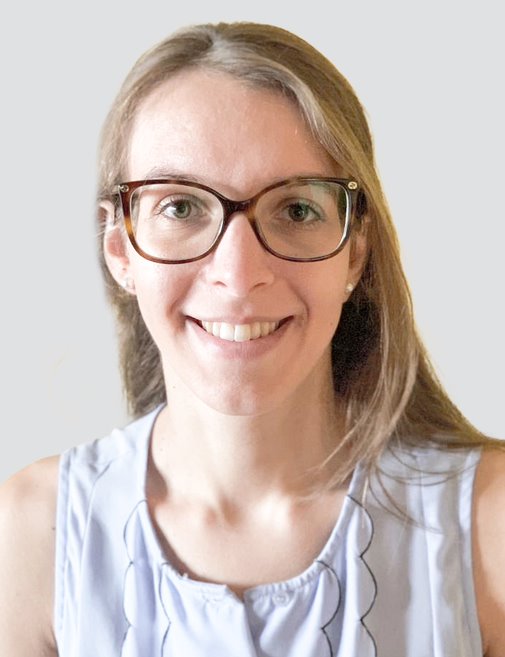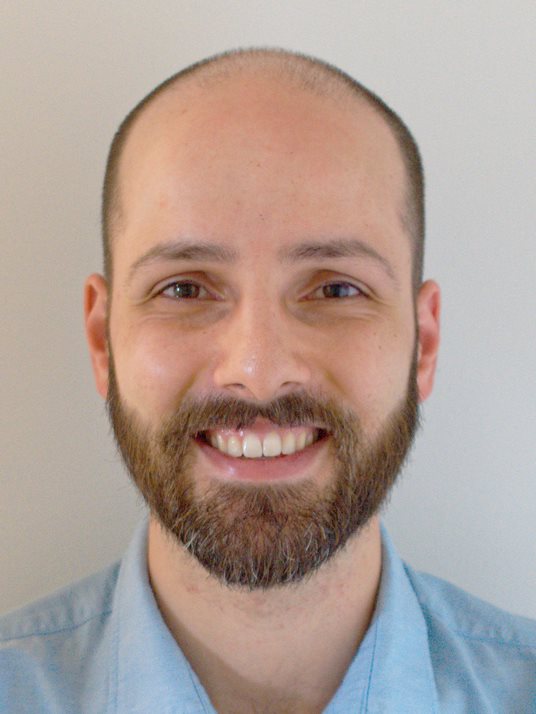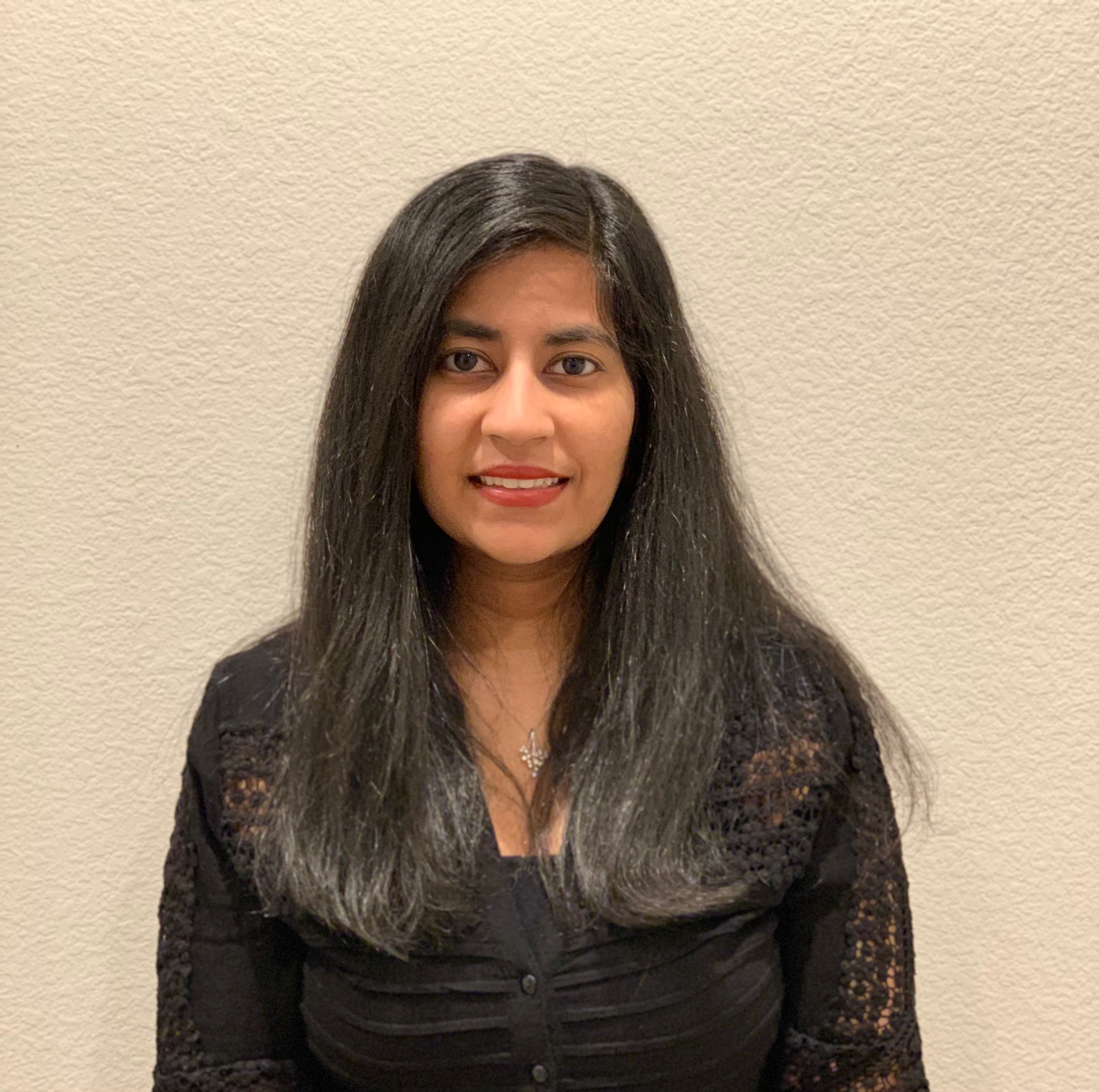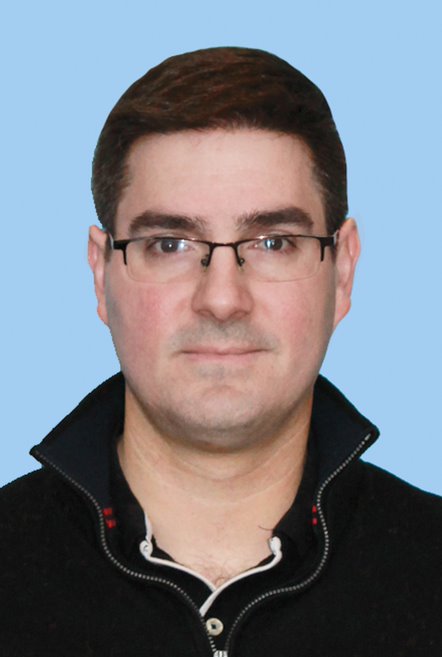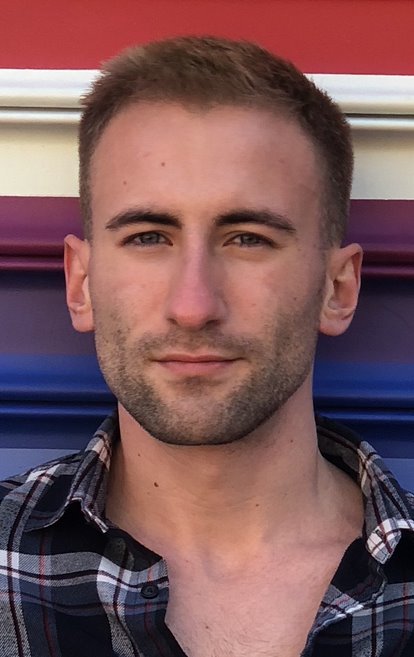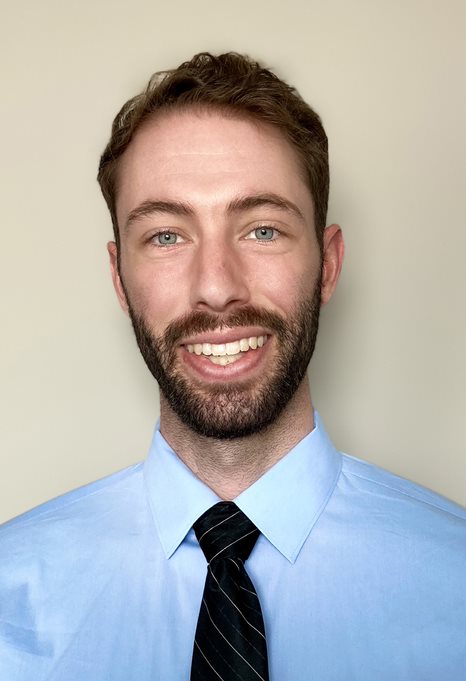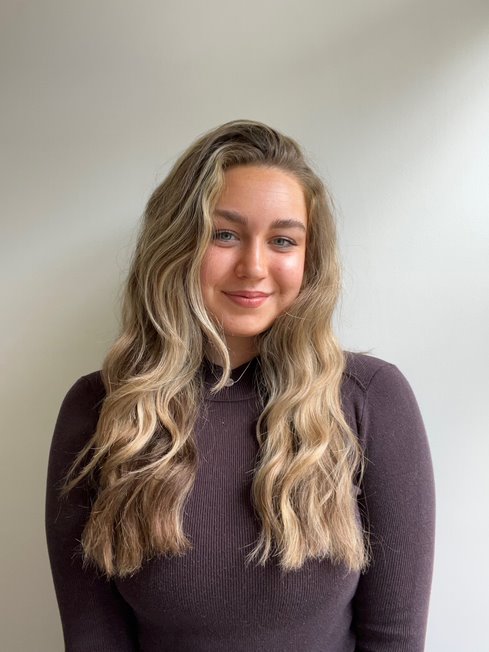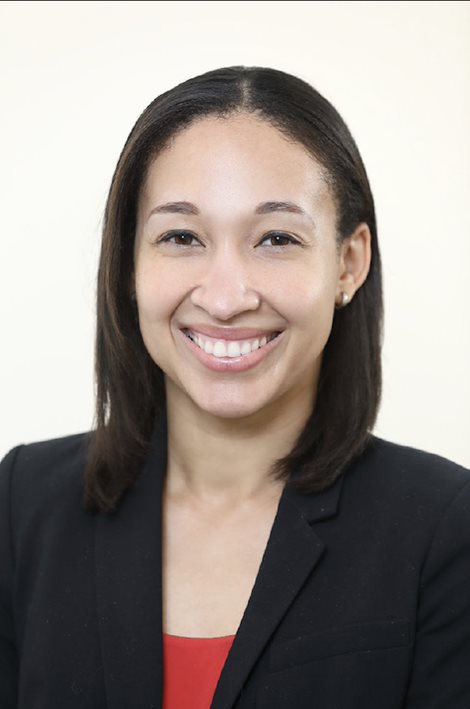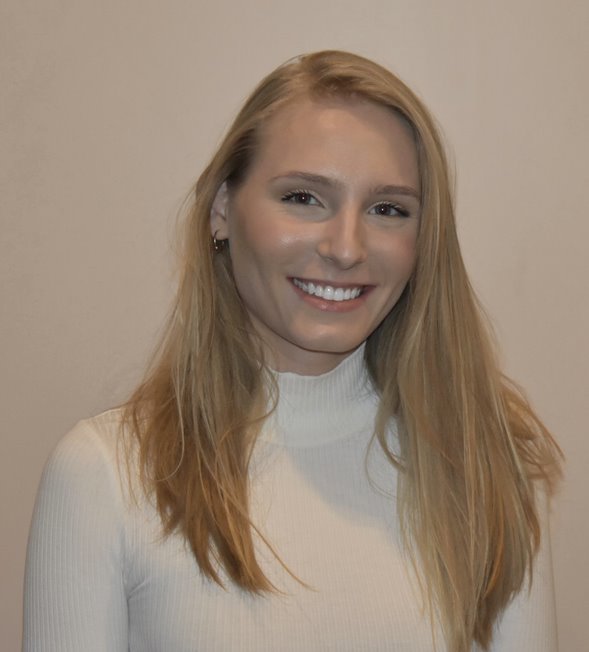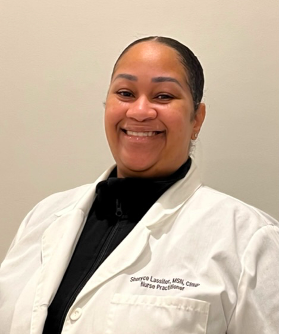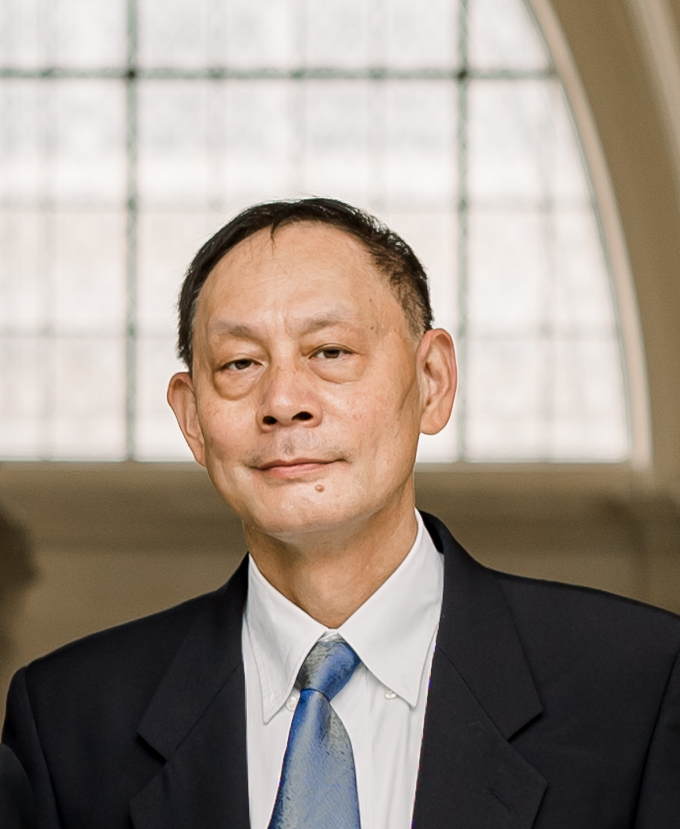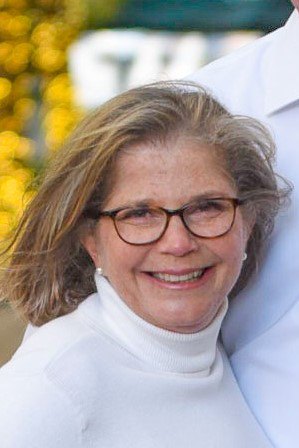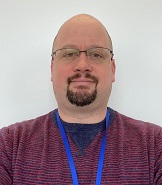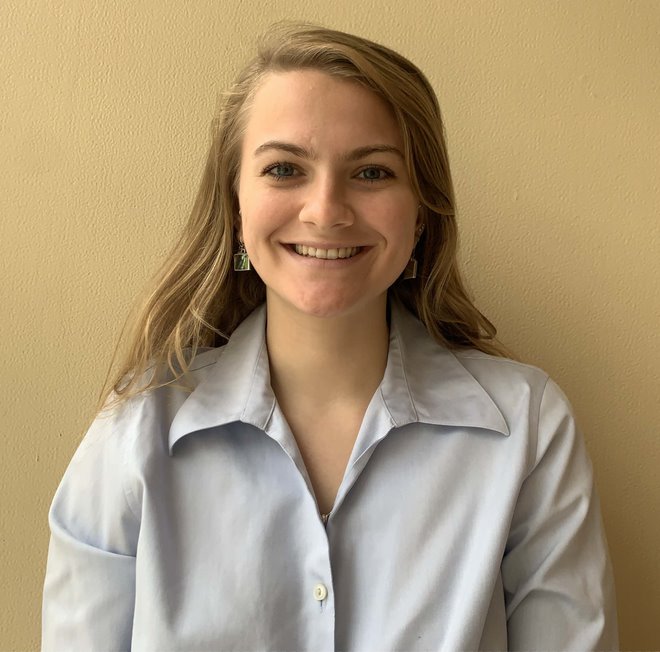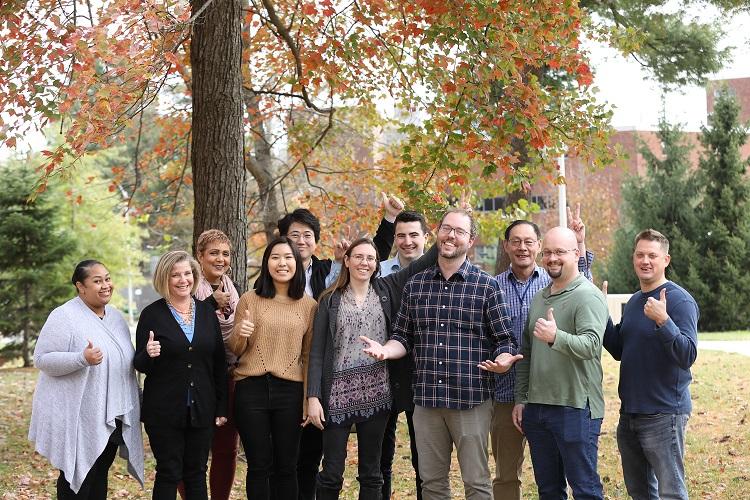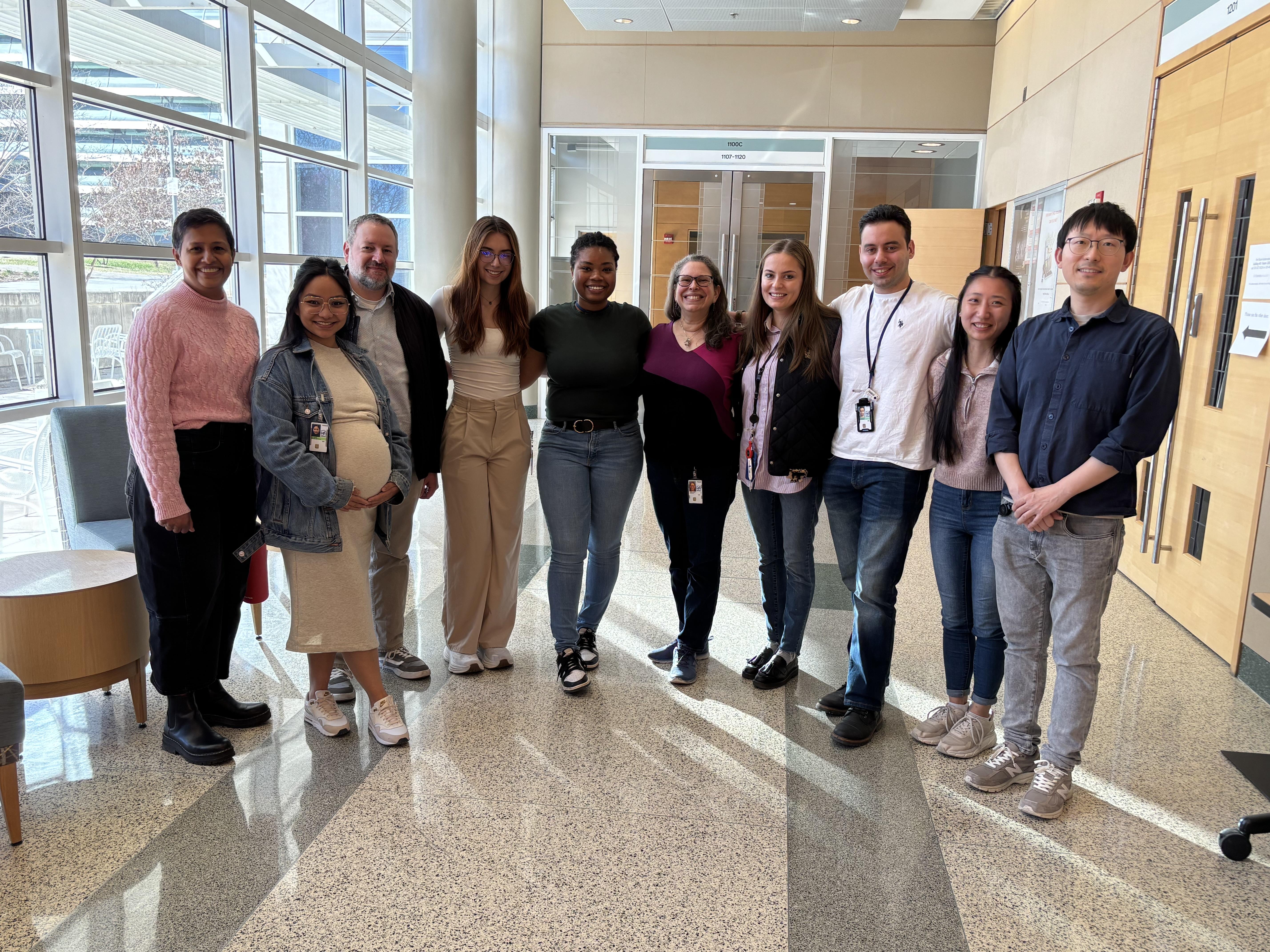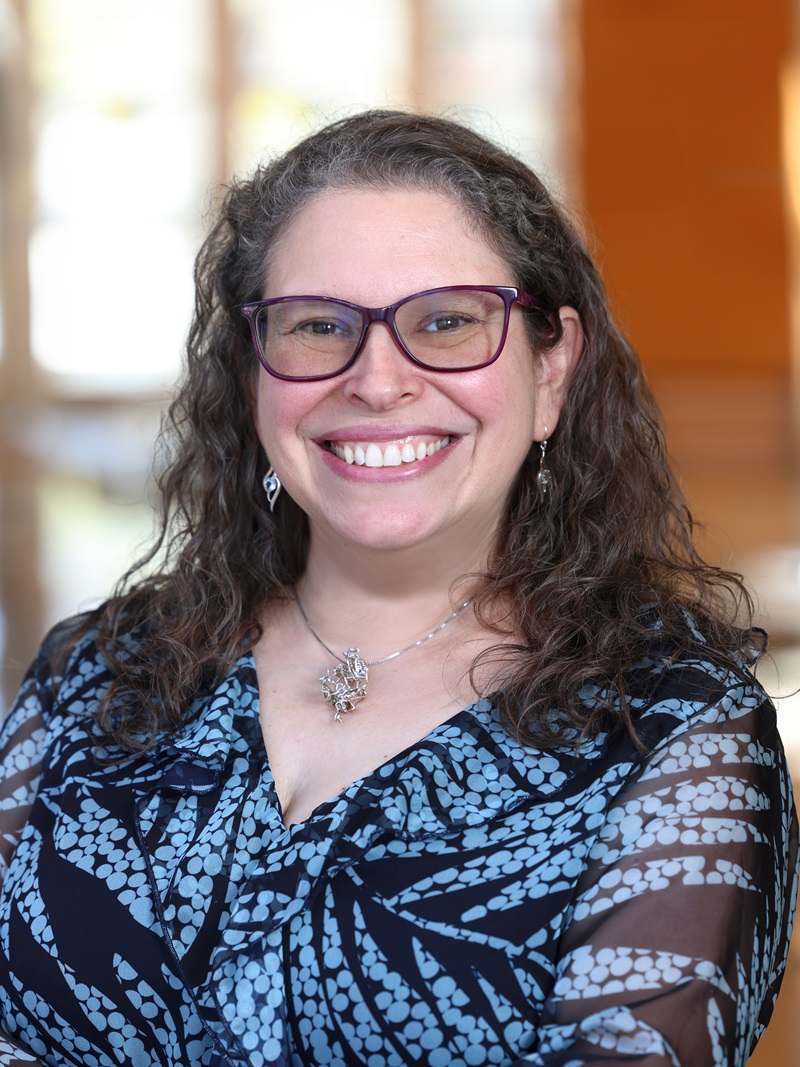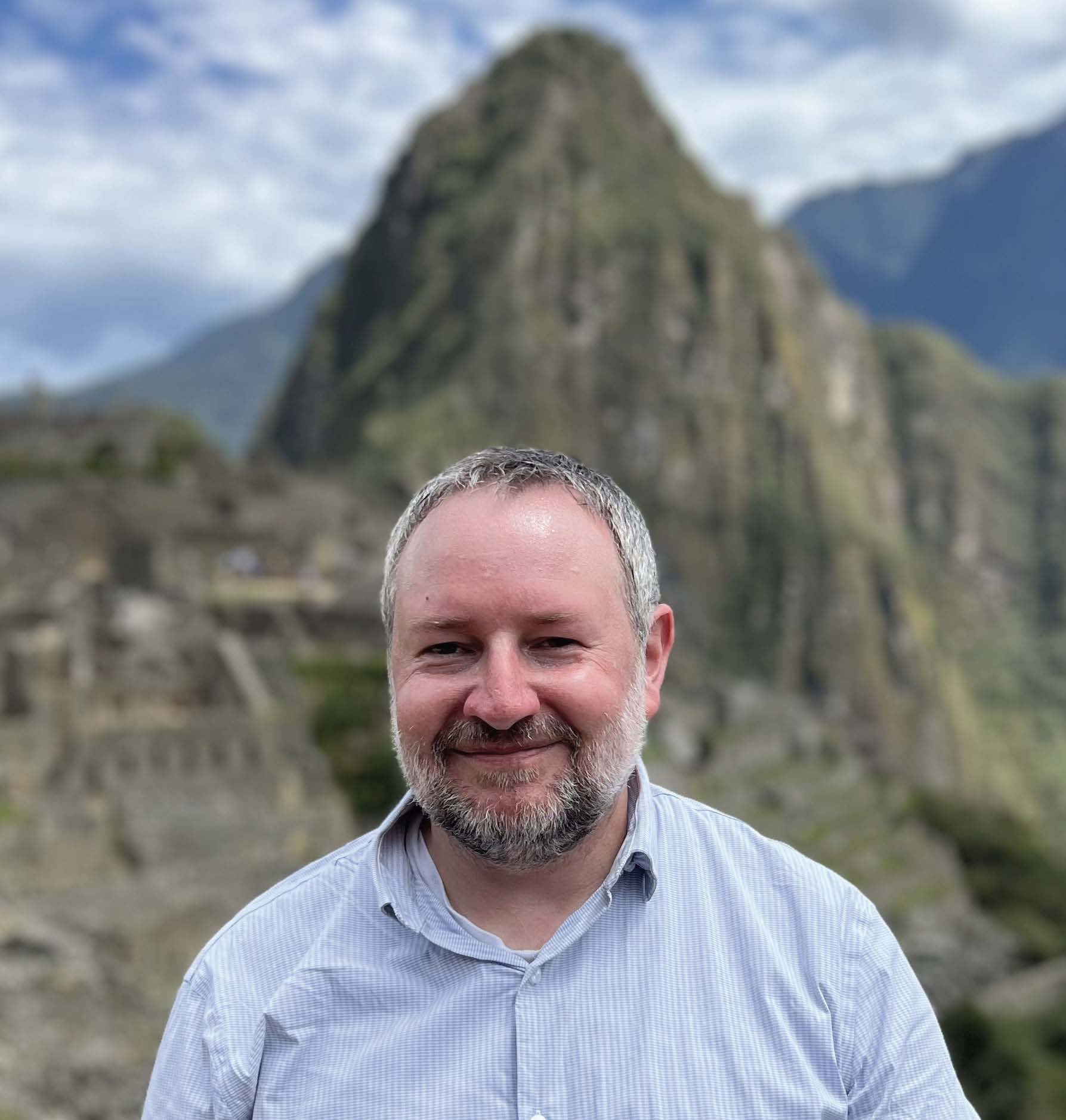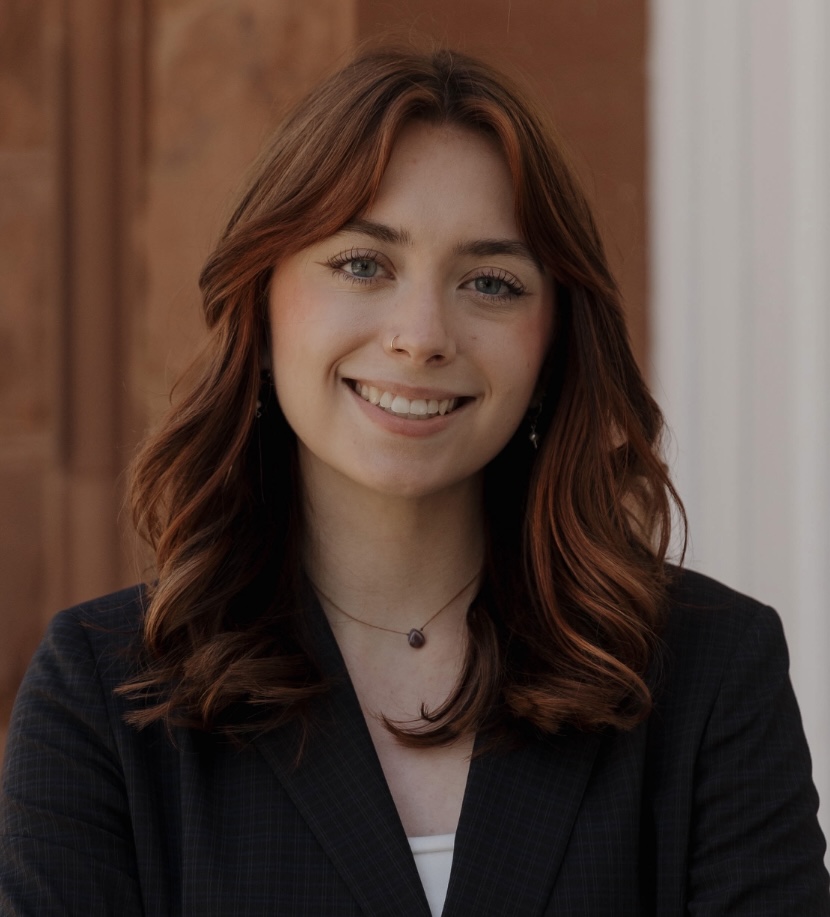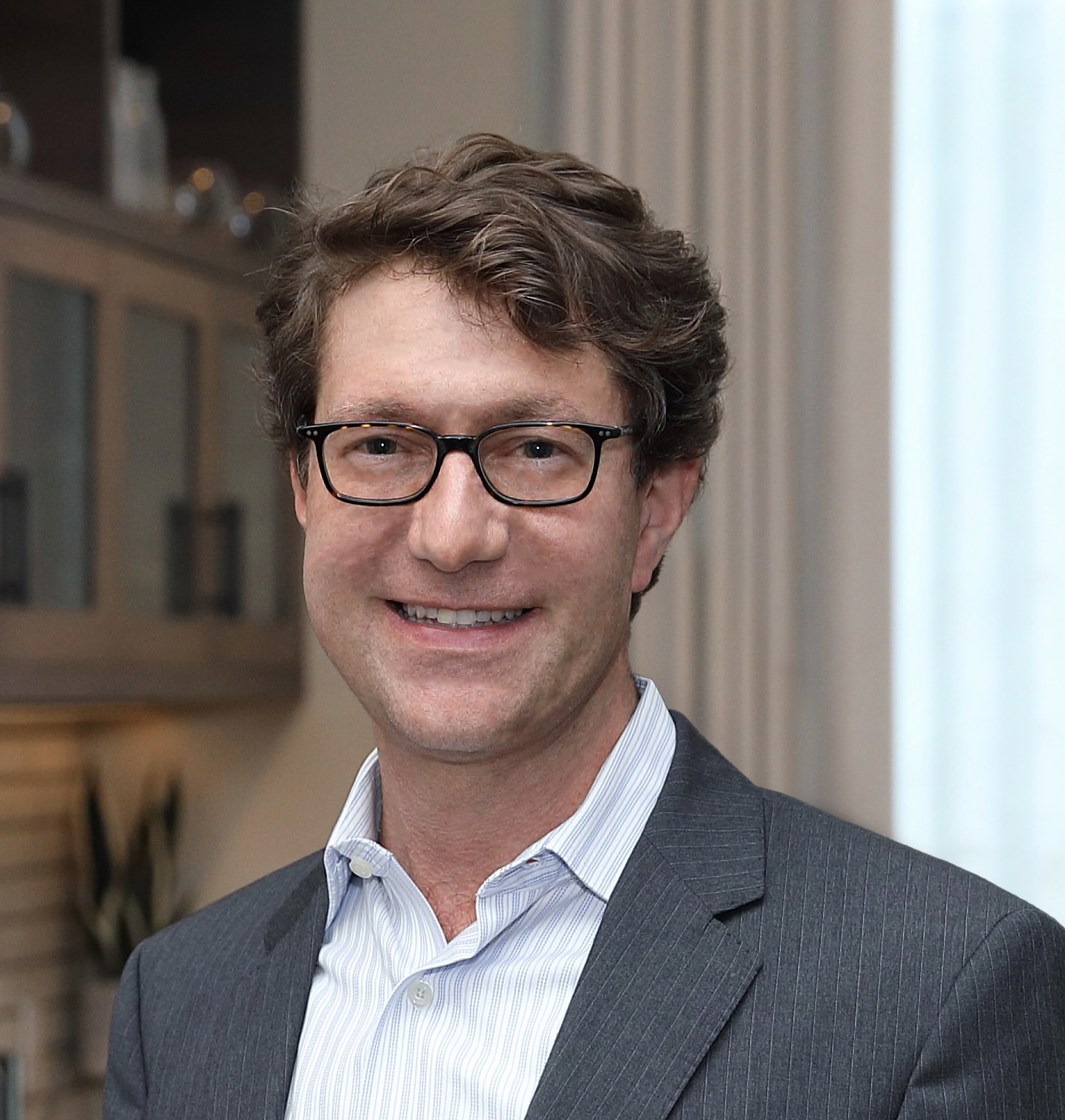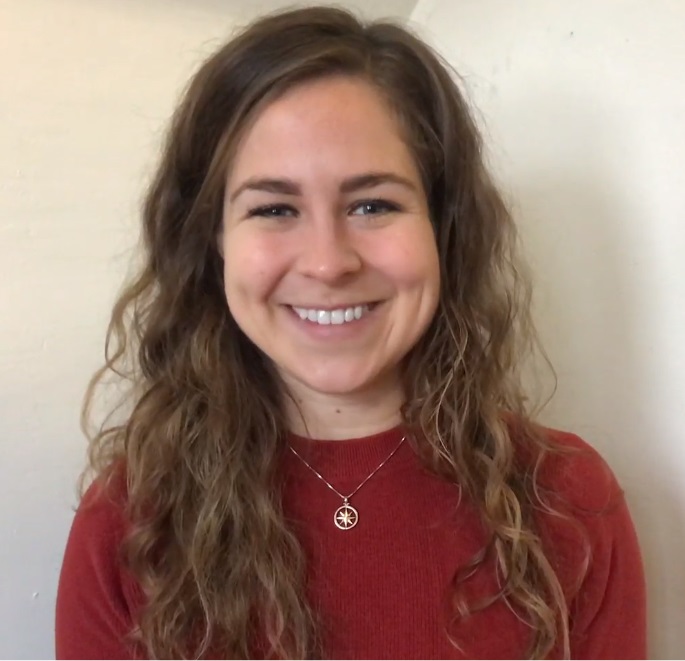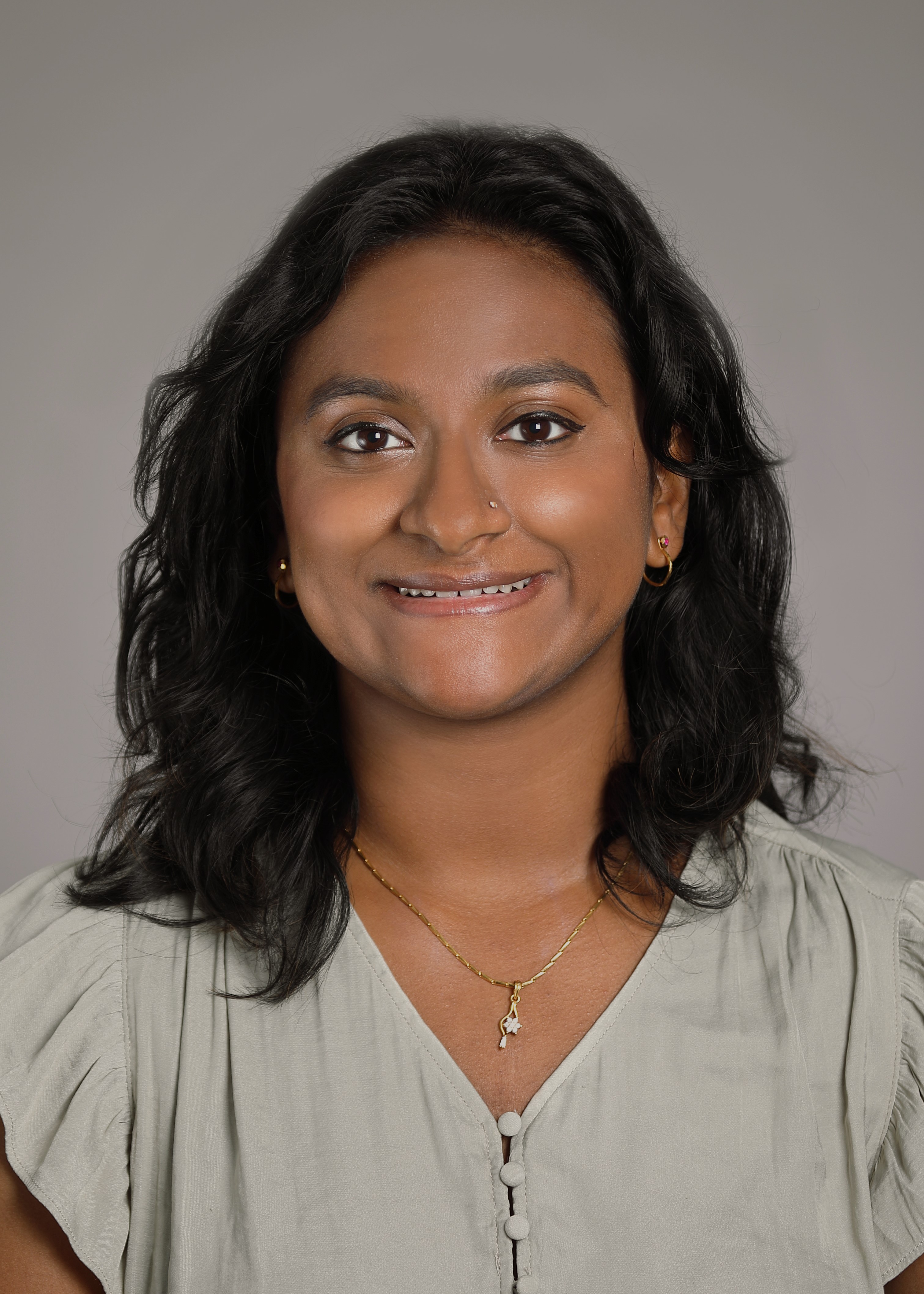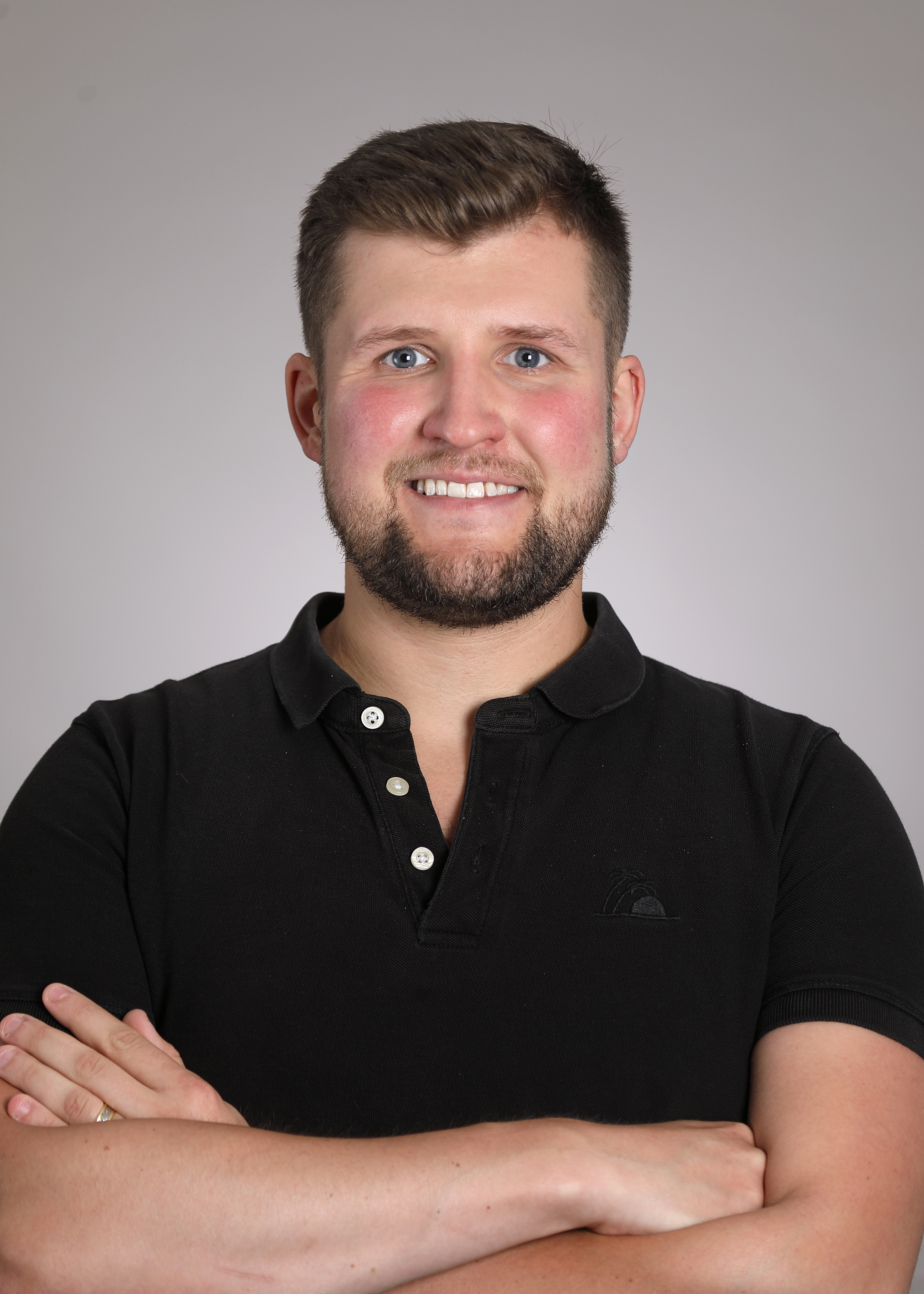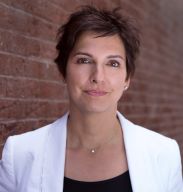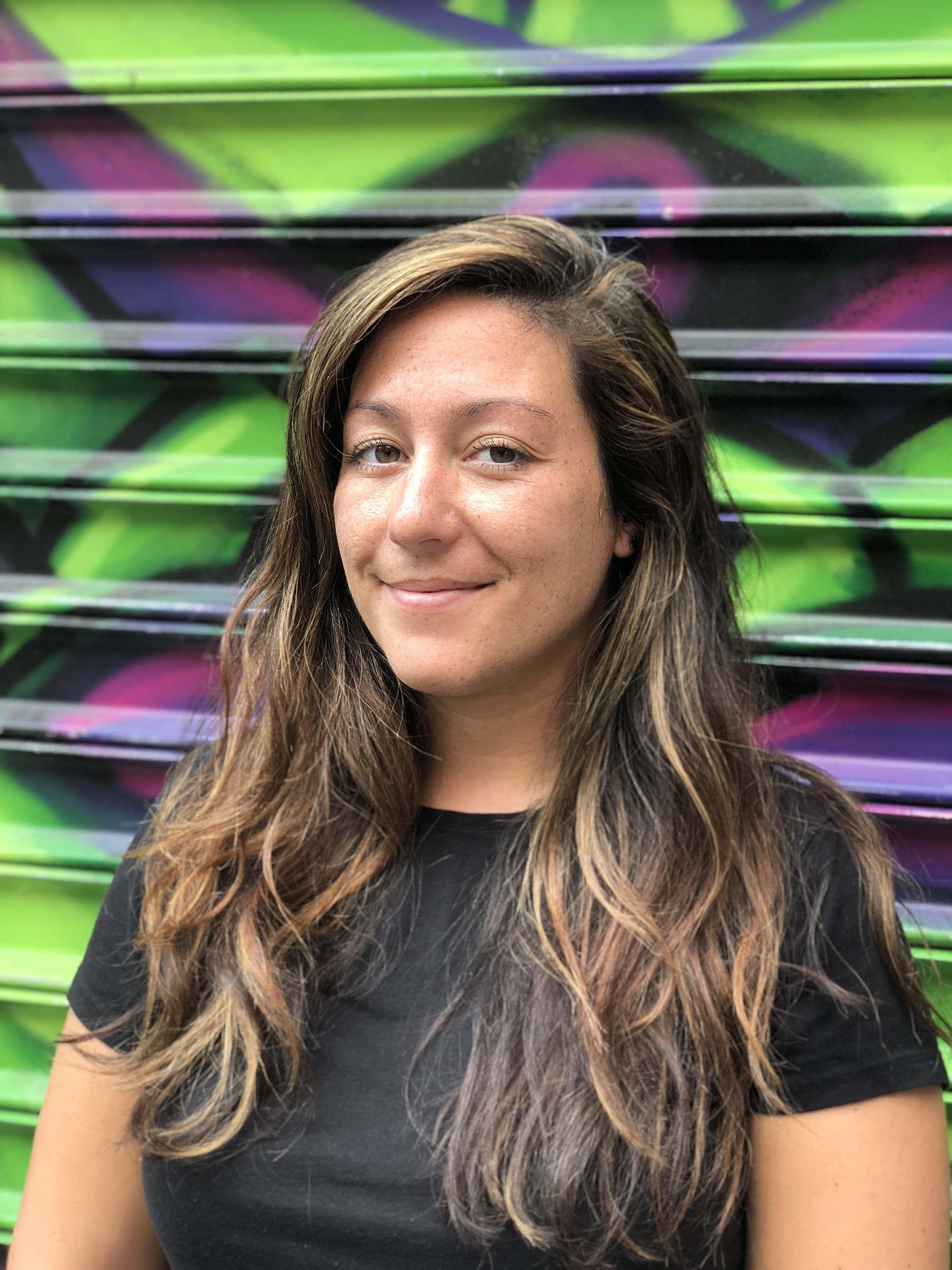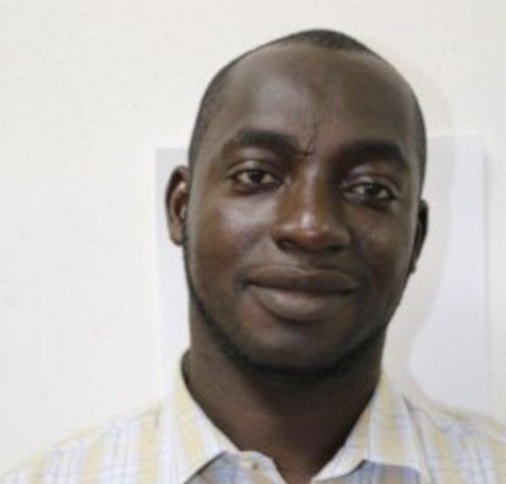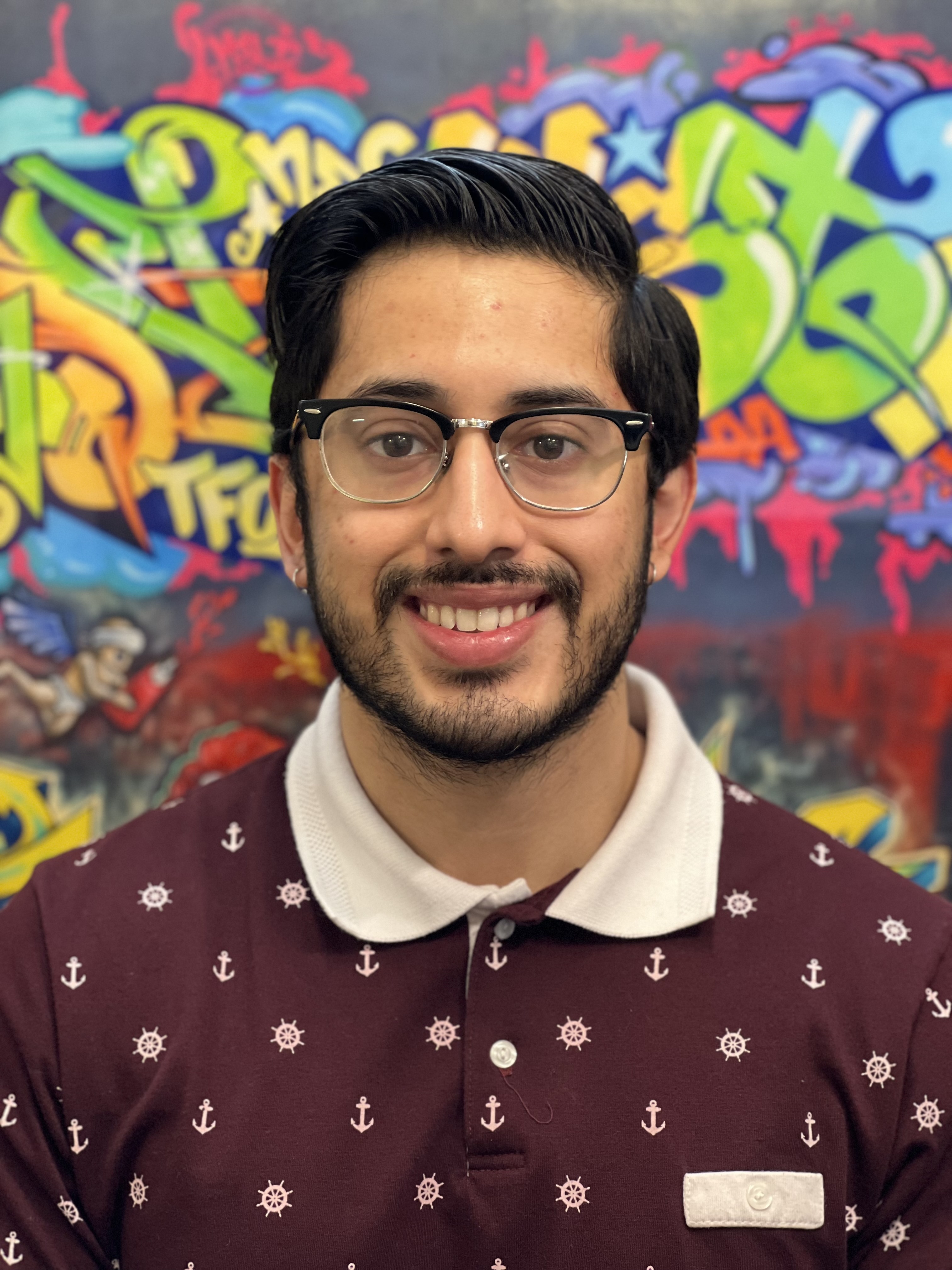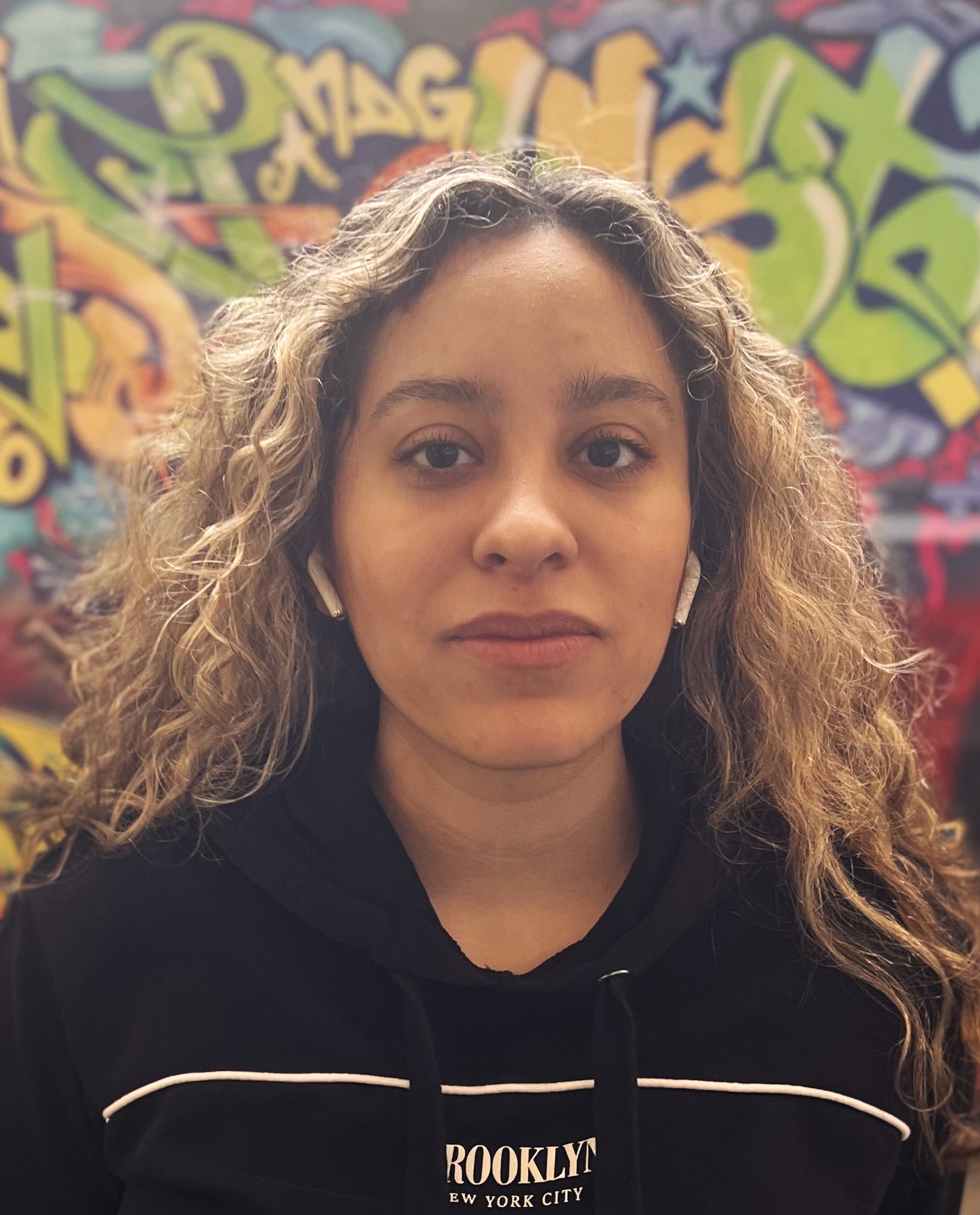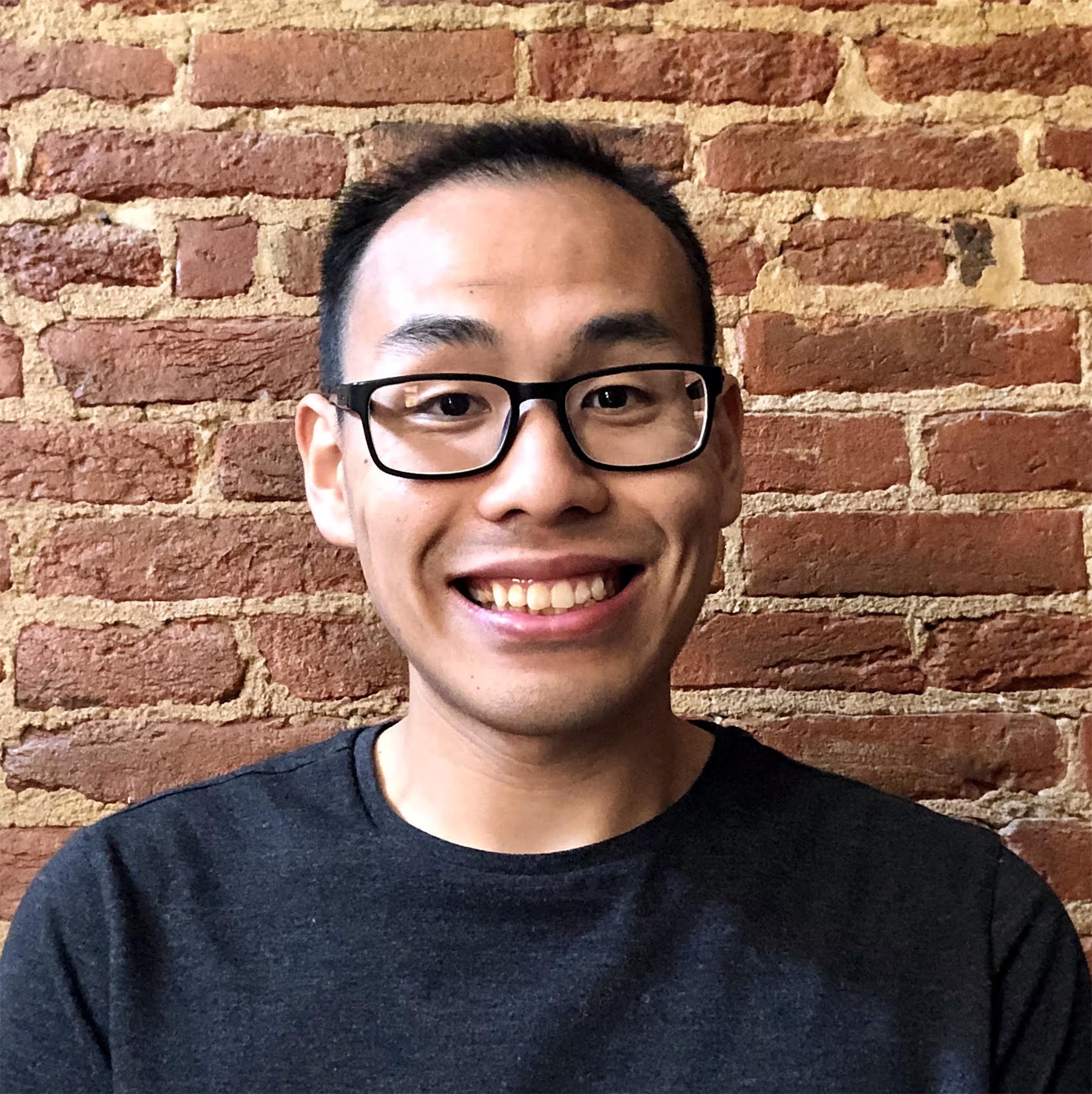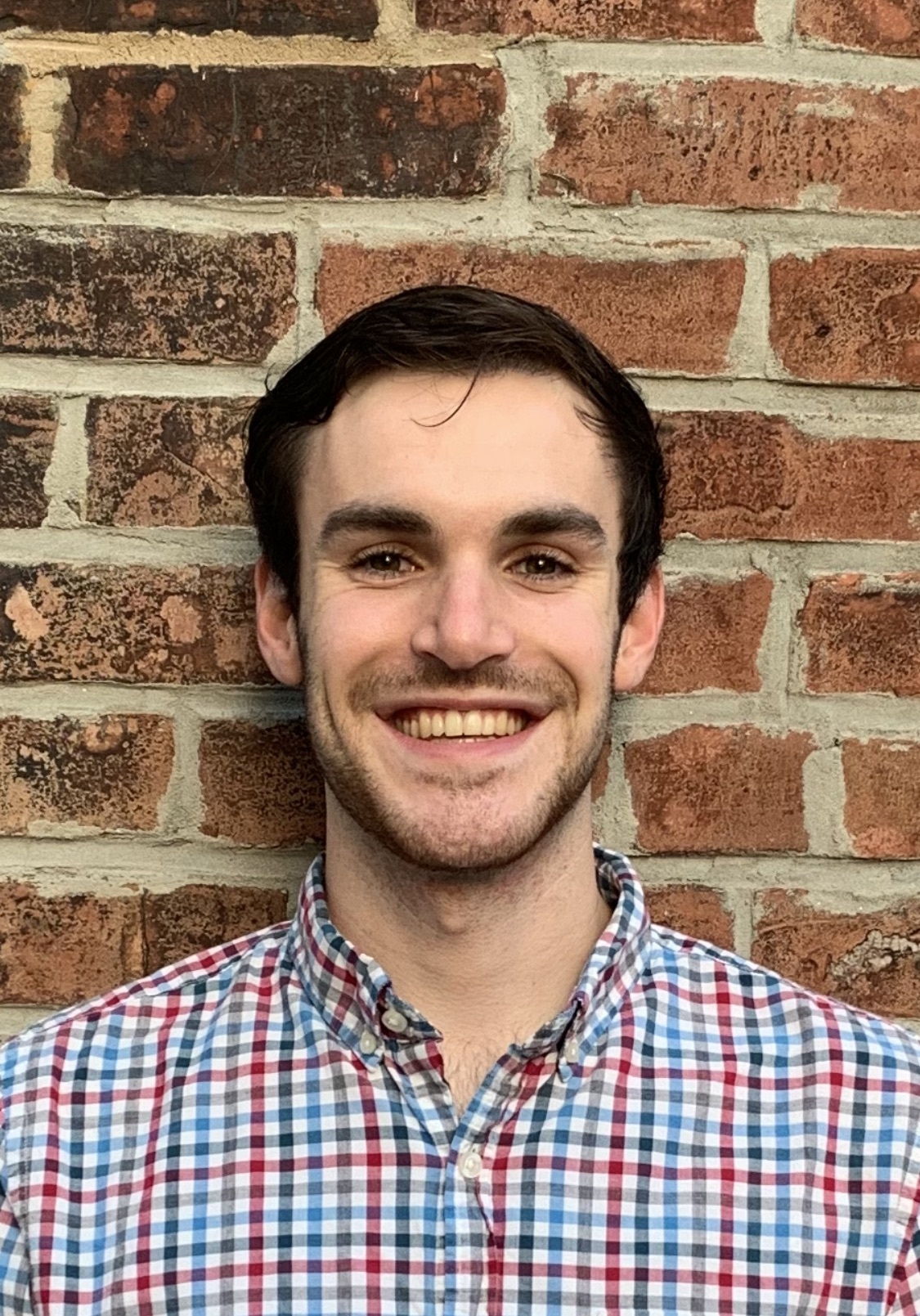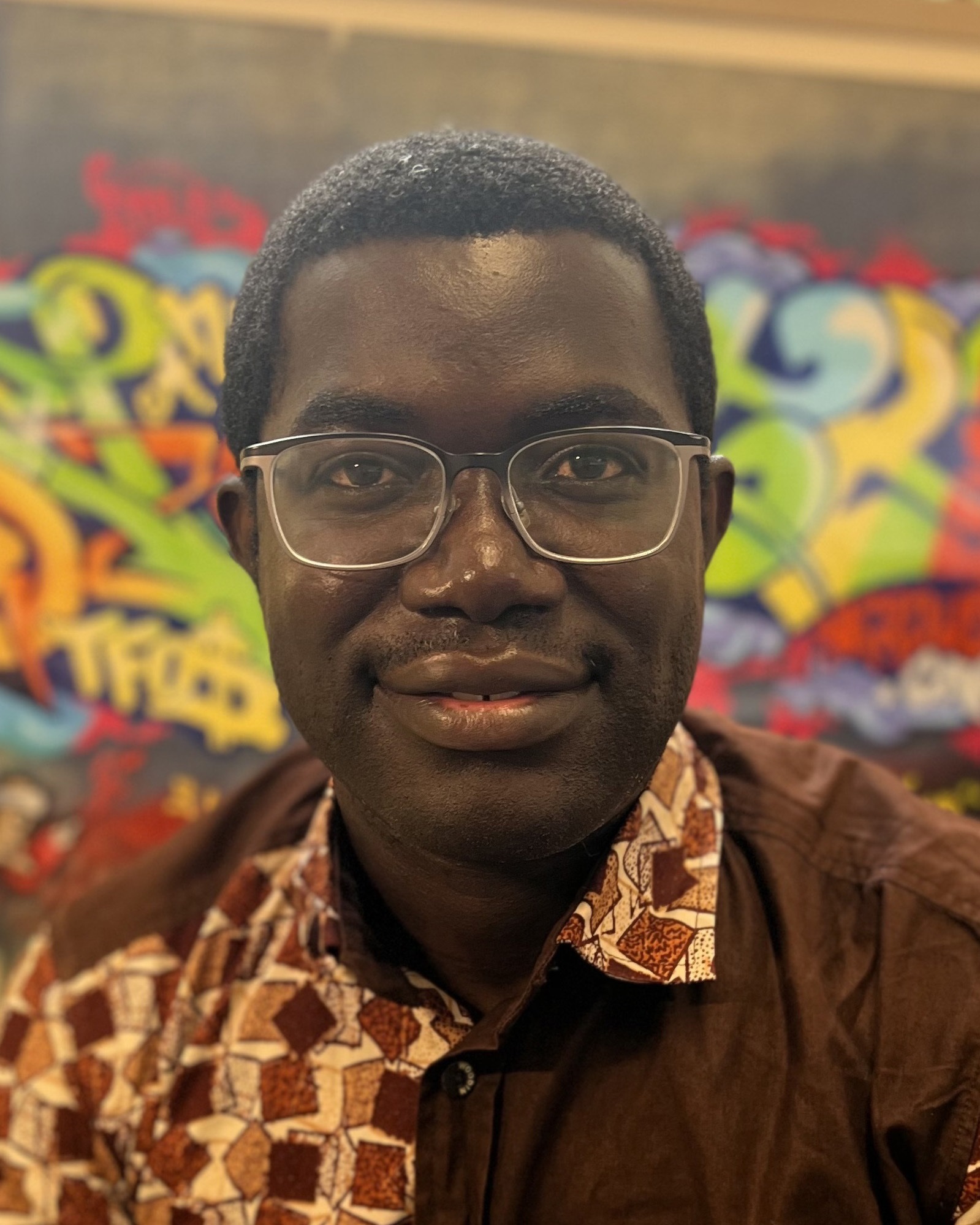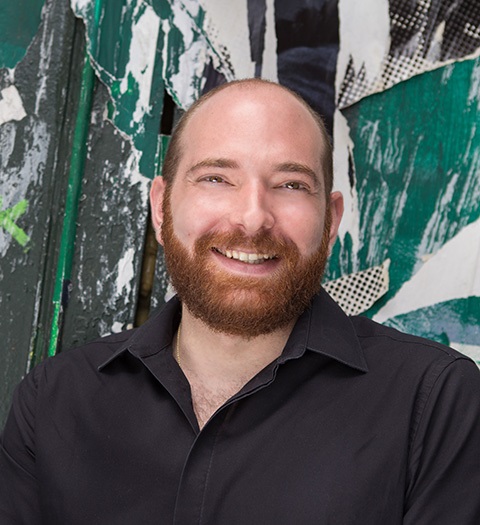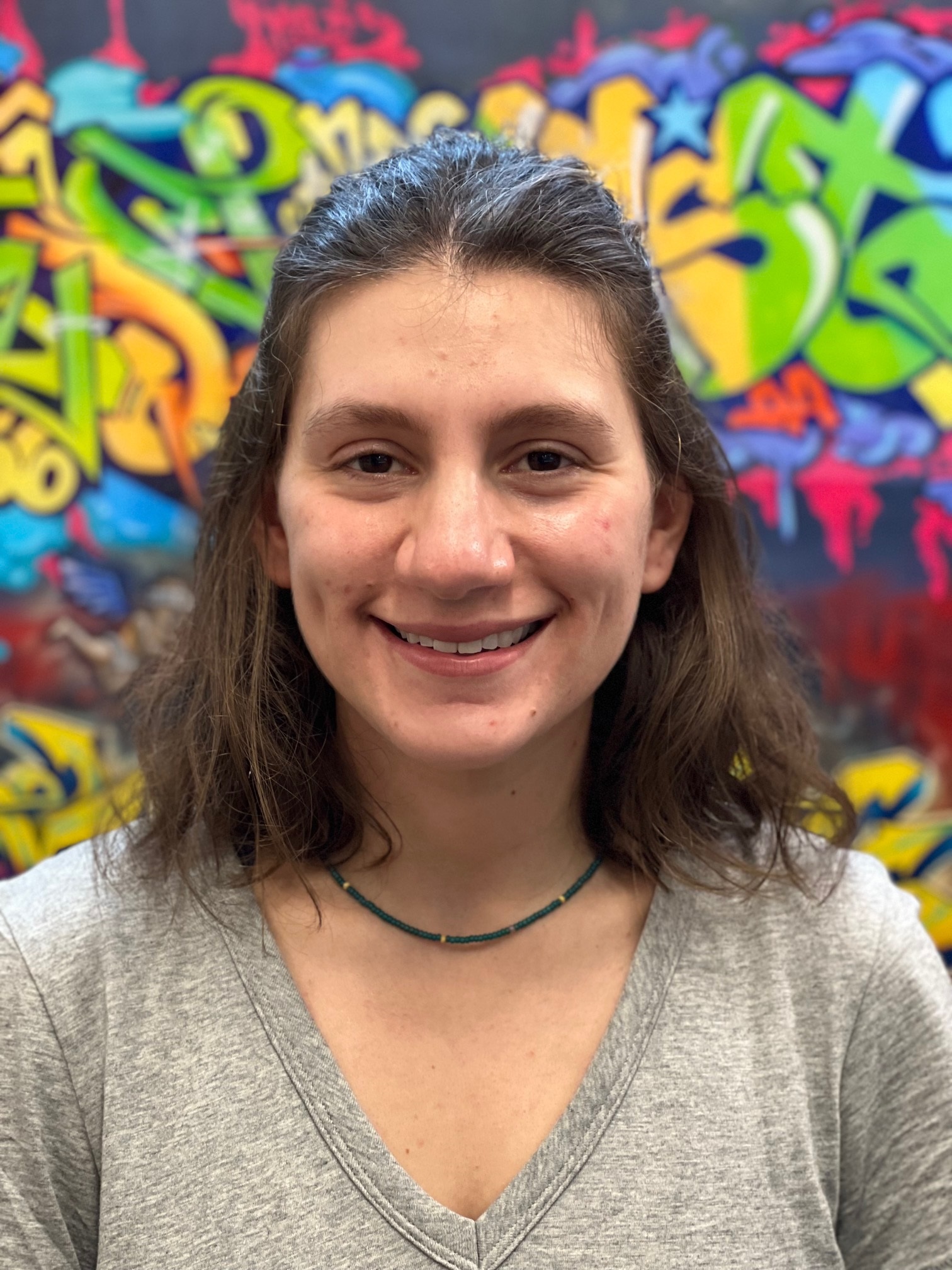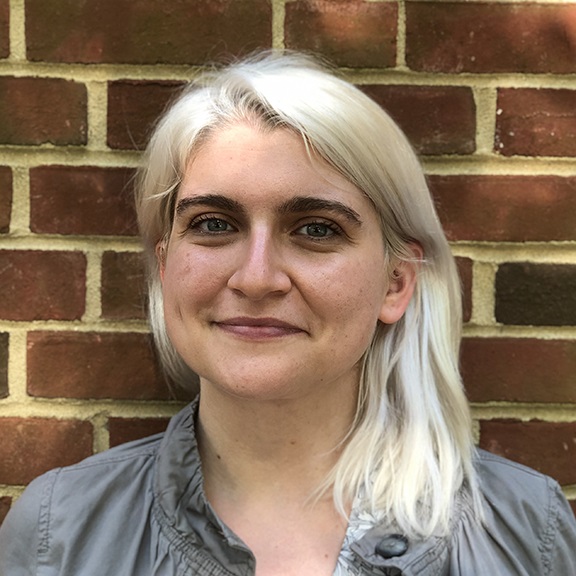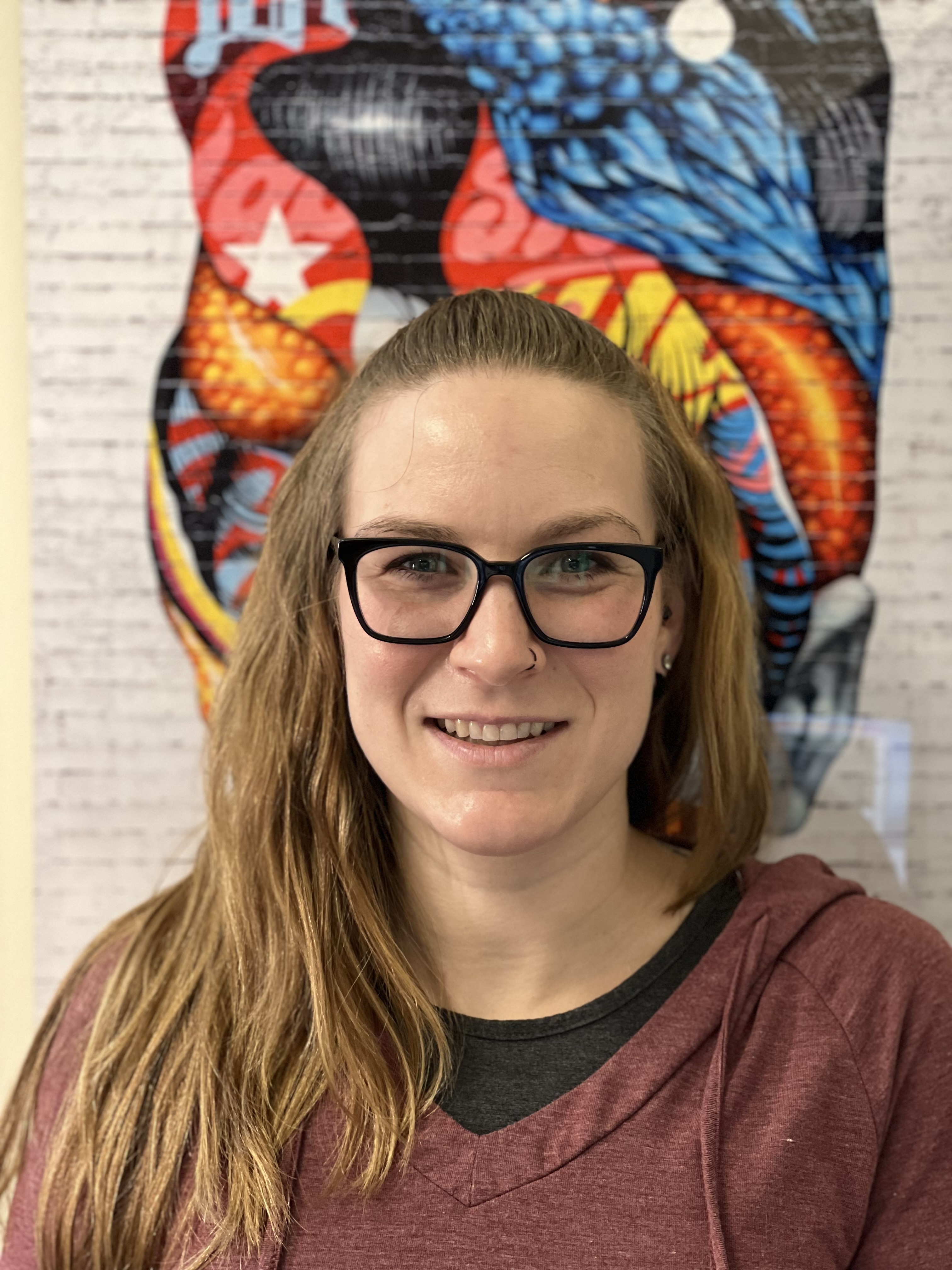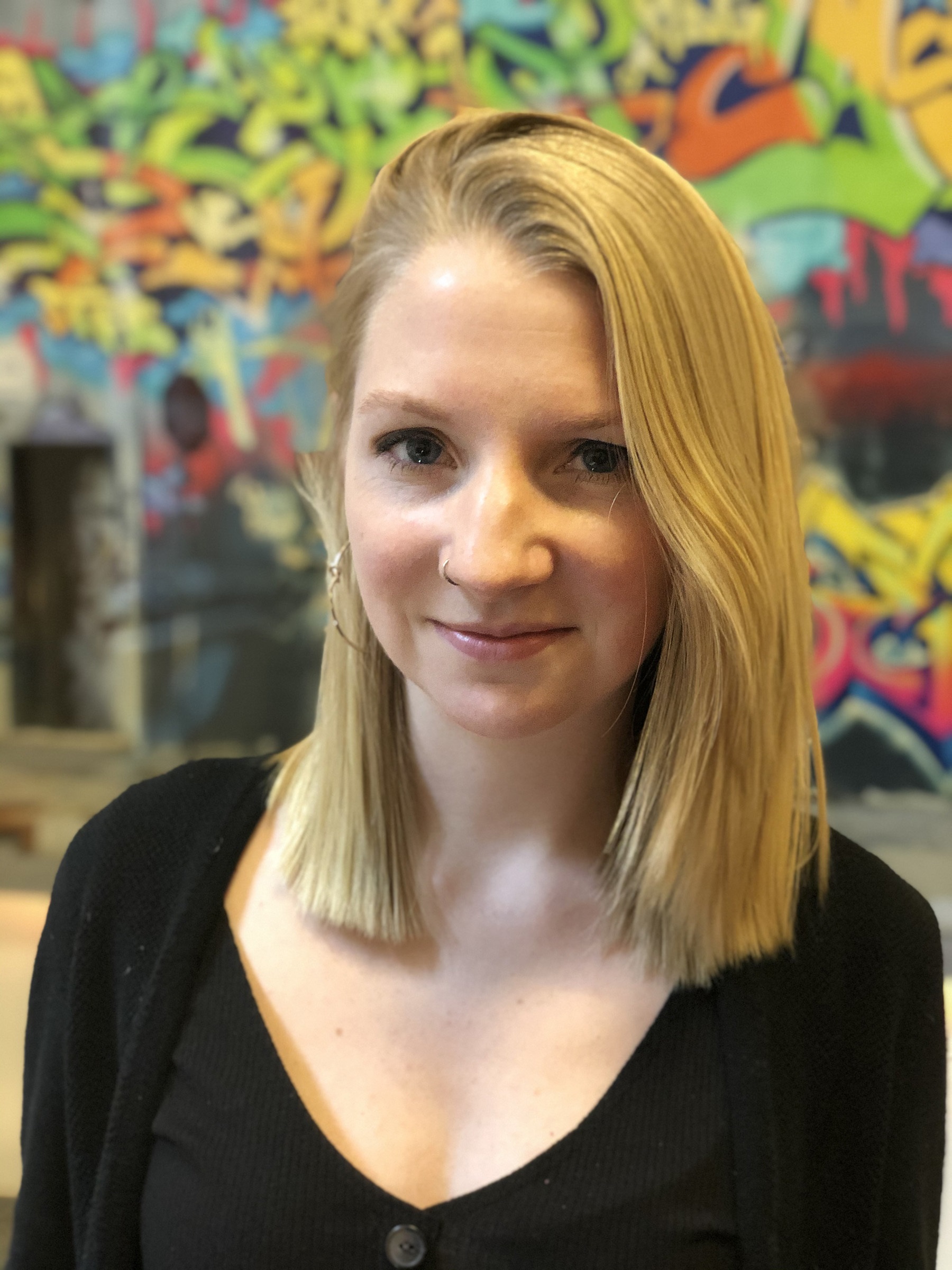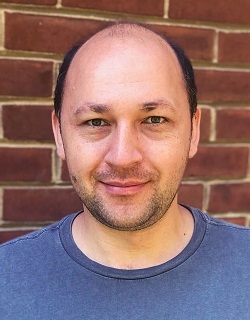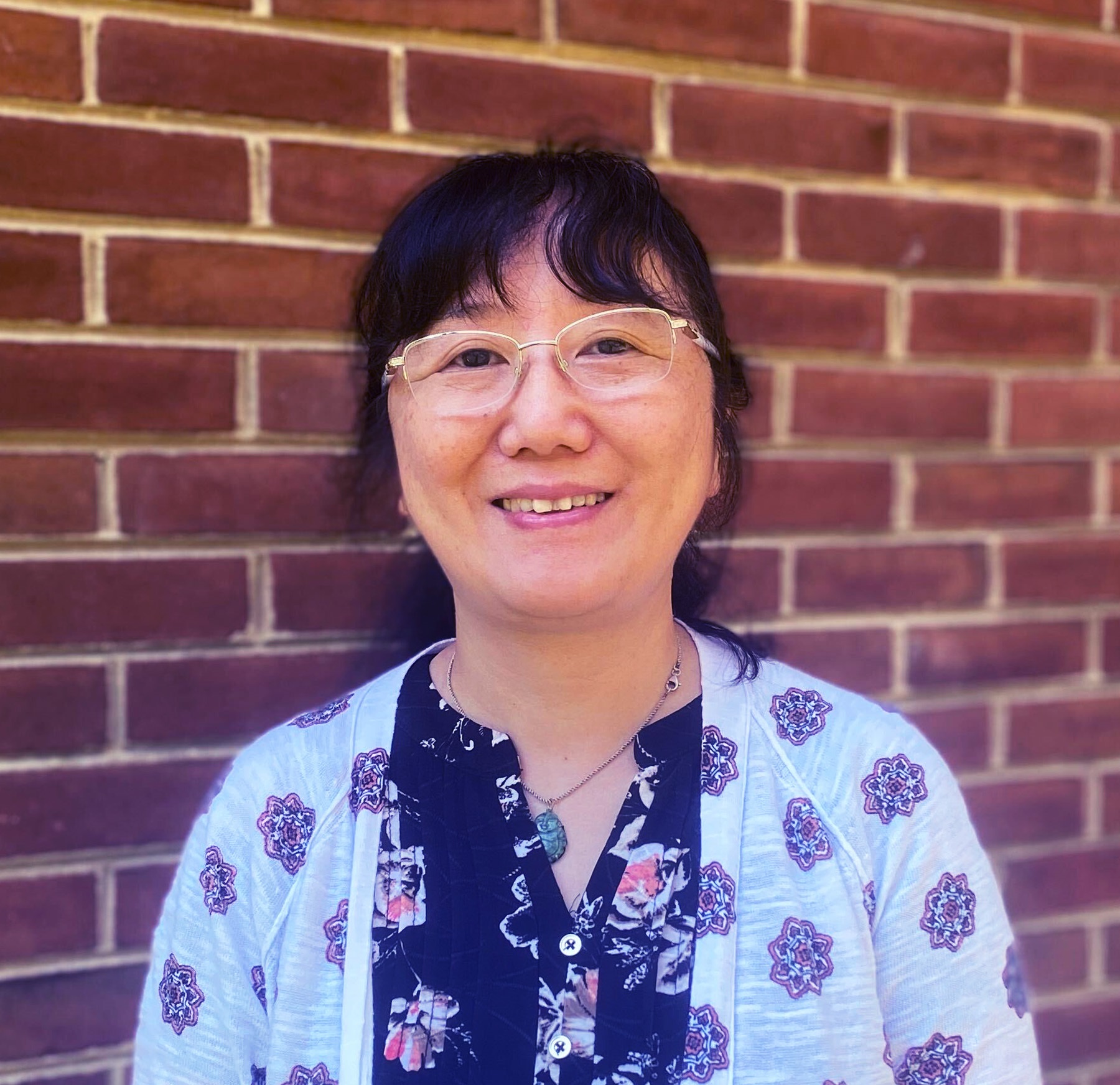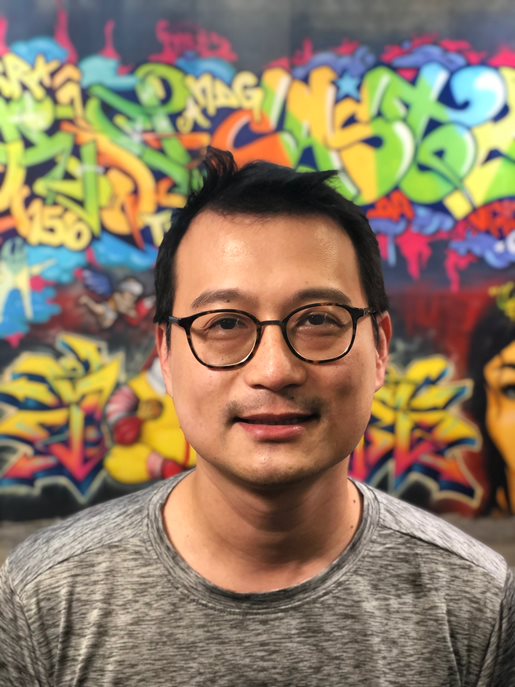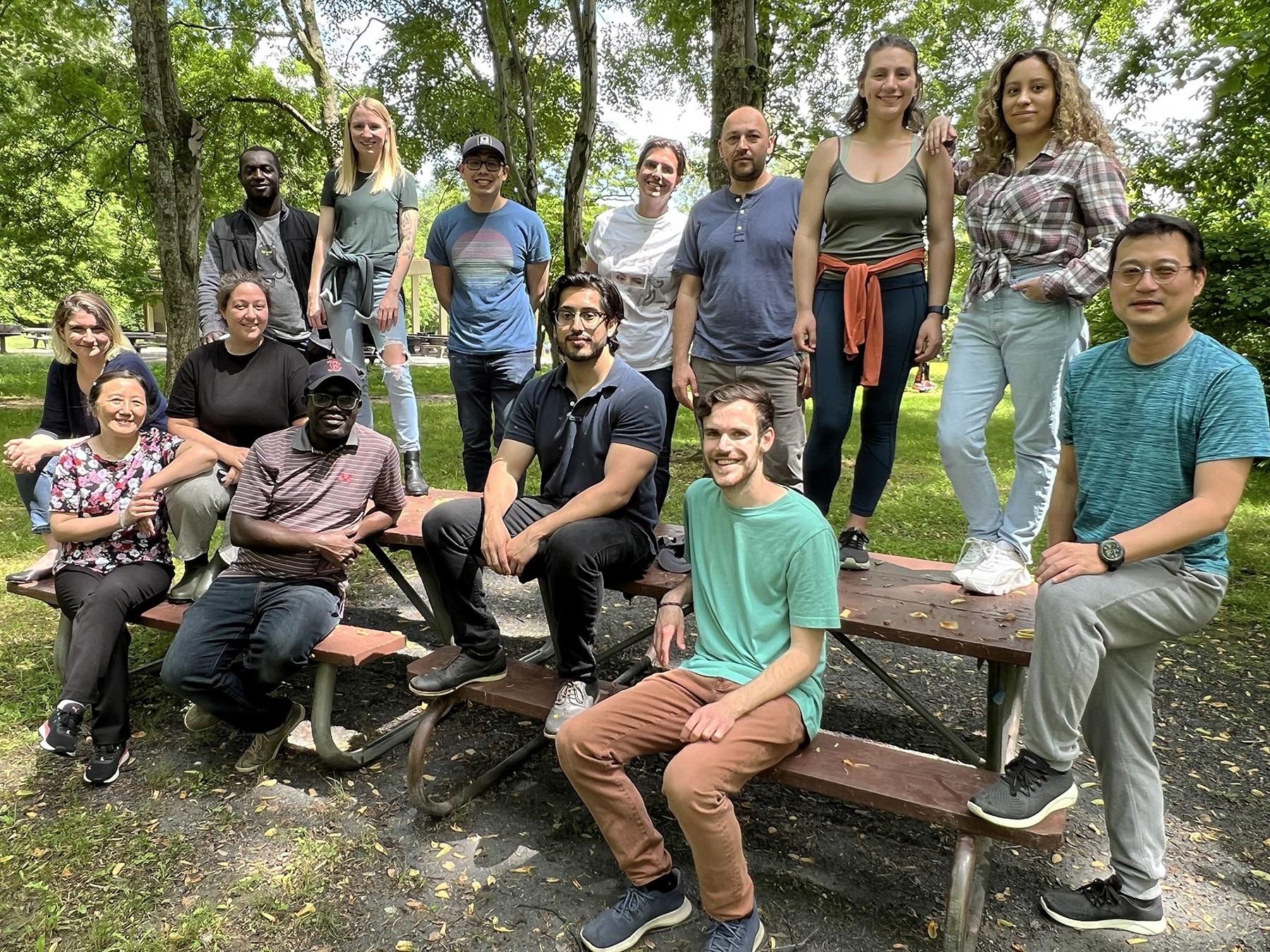2007 - Melissa (Riedesel) Rolfes, postbac IRTA, obtained her Ph.D. in Epidemiology at the University of Minnesota School of Public Health, then became an Officer in the Epidemic Intelligence Service at the Centers for Disease Control and Prevention (CDC) and now an Epidemiologist in the Influenza Division, CDC
2008 - Thoai Ngo, postbac IRTA, MHS from Johns Hopkins School of Public Health, Ph.D. in demography and epidemiology from London School for Hygiene and Tropical Medicine, currently Vice Present of Social and Behavioral Science Research for Population Council
2008 - Mona Rezapour, postbac IRTA, from Johns Hopkins University School of Medicine, now is a practicing clinician in Gastroenterology at the Ronald Reagan UCLA Medical Center
2009 - Samantha Conroy, postbac IRTA, graduated from Geisinger Commonwealth Medical College, a locum tenens clinician currently in Hawera, New-Zealand
2010 - Aleisha Collinson-Streng, postbac IRTA, graduated from University of Maryland School of Nursing, currently Senior Research Nurse at Johns Hopkins School of Medicine, Department of Pediatrics
2013 - Sarah K. Wendel, postbac IRTA graduated from Georgetown University Medical School, Emergency Medicine Fellow at Wake Forest University, currently an Instructor in Emergency Medicine at the University of Colorado
2014 - Andrew Longosz, postbac IRTA, MBA/MPH program at the Johns Hopkins University, currently Consultant at Quintiles IMS
2014 - Melanie (Frank) Kiener, postbac IRTA, graduated from Emory University School of Medicine, currently an internal medical specialist at the University of Washington Neighborhood Belltown Clinic
2015 - Eshan Patel, postbac IRTA, MPH student at the Johns Hopkins Bloomberg School of Public Health, currently Ph.D. student in the Department of Epidemiology at the Johns Hopkins Bloomberg School of Public Health
2016 - Allison Kirkpatrick, postbac IRTA, graduated from University of Maryland Medical School, currently a medical resident at the Huntsman Cancer Institute at the University of Utah
2018 - Anna Eisenberg, postbac IRTA currently at medical school at University of Michigan
2019 - George Mwinnyaa, currently Ph.D. student in the Department of International Health, Johns Hopkins Bloomberg School of Public Health.
2019 - Jada Hackman, postbac IRTA, currently Ph.D. student at University College of London
2021 - Owen Baker, postbac IRTA, currently a research specialist at the Johns Hopkins School of Medicine.
